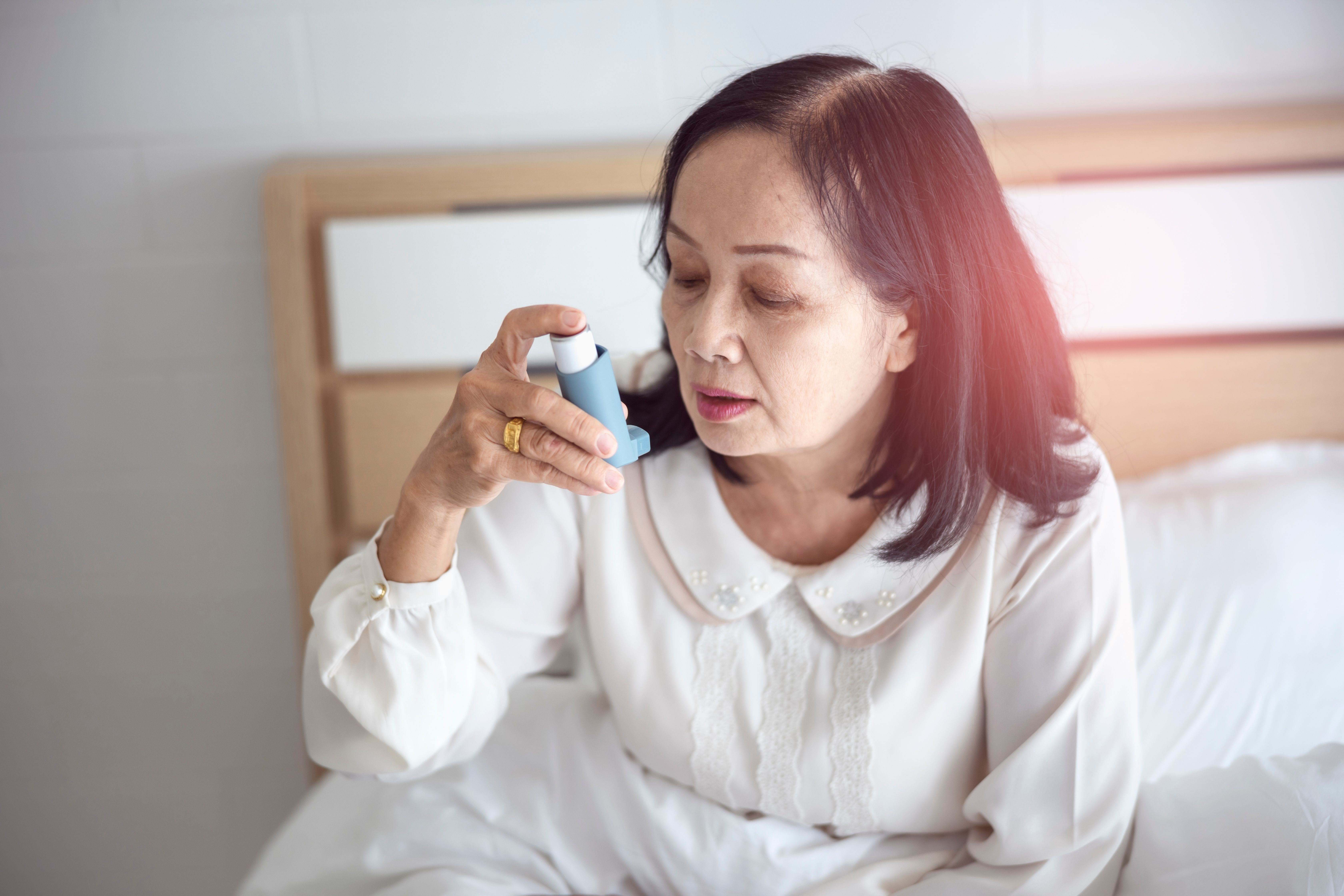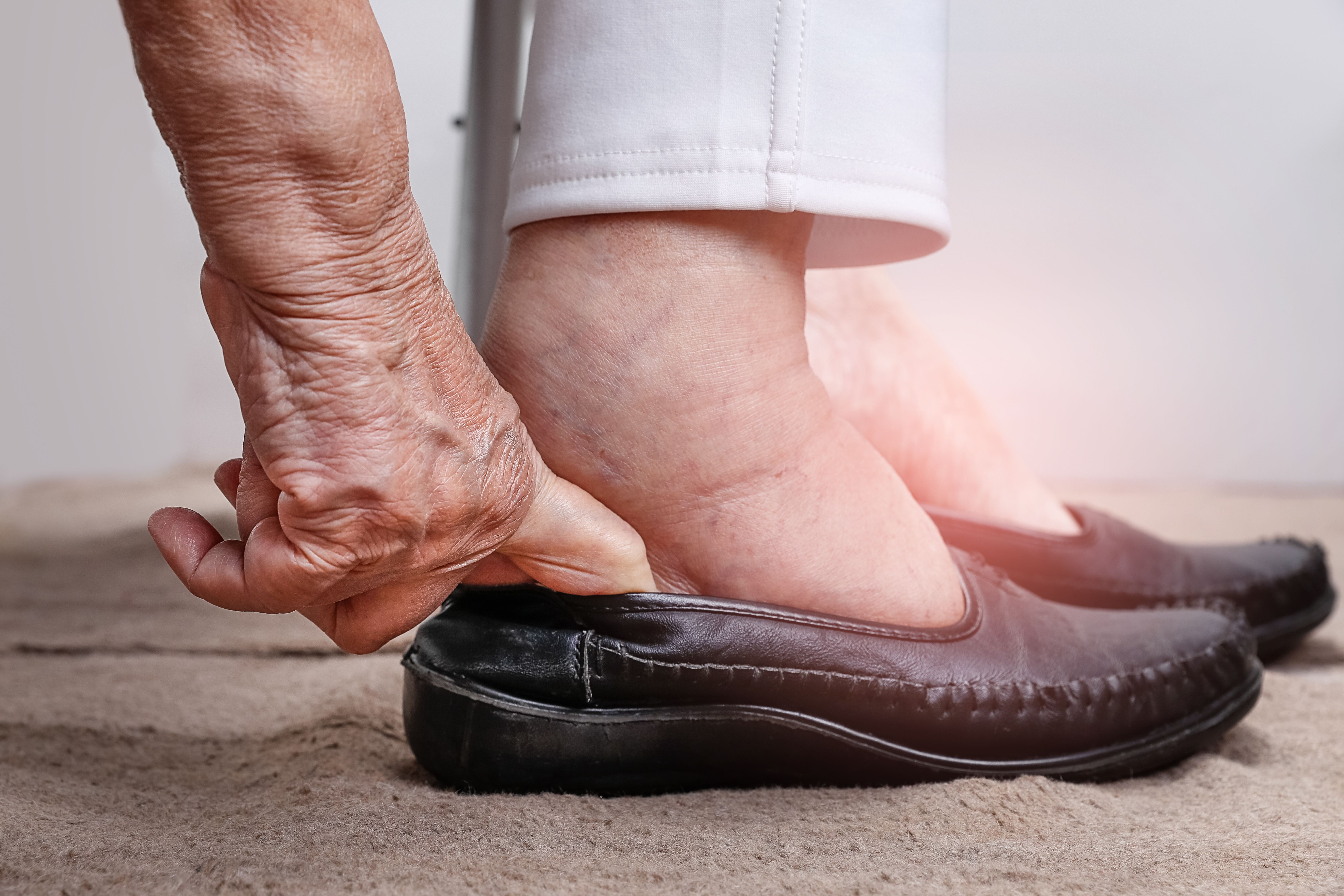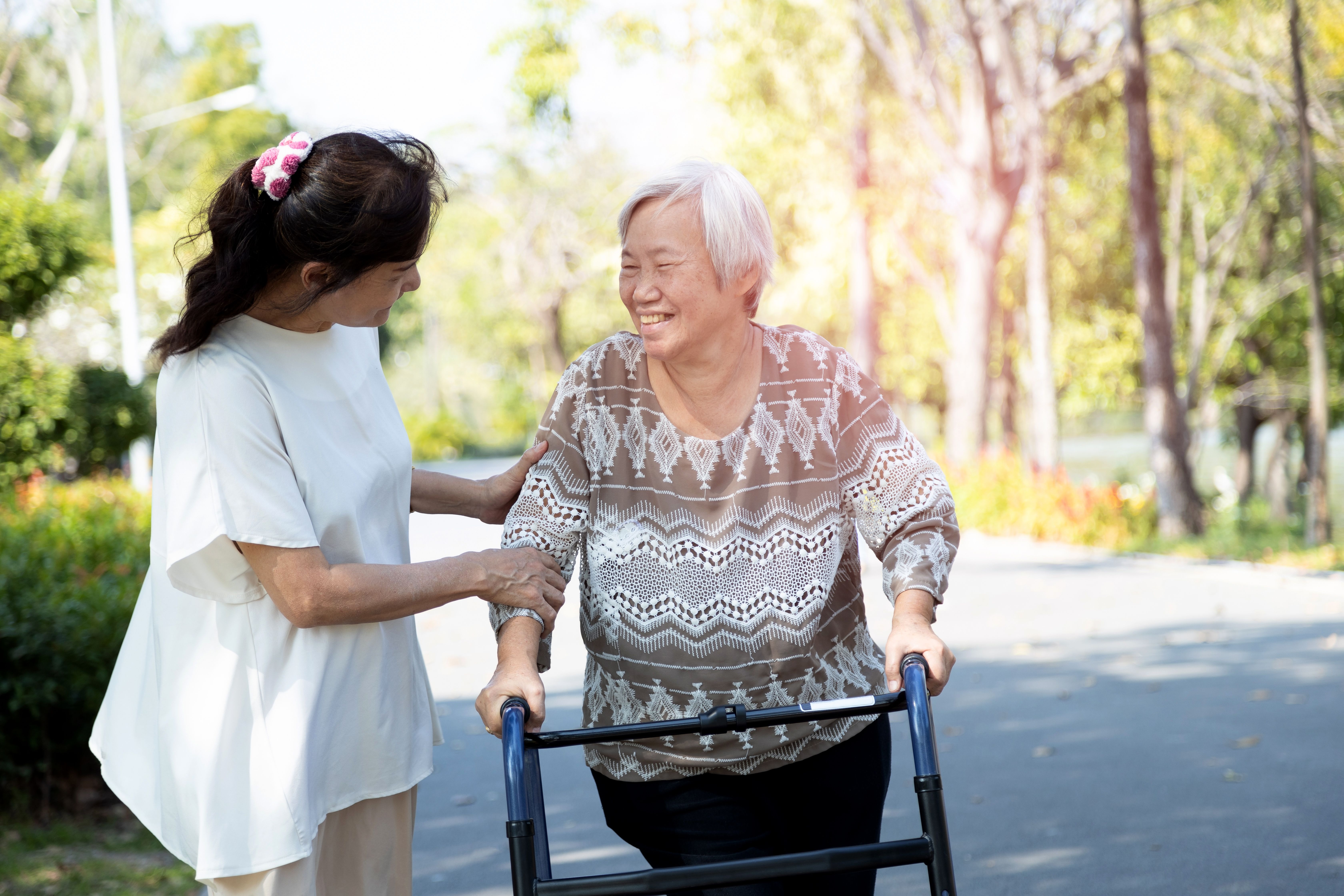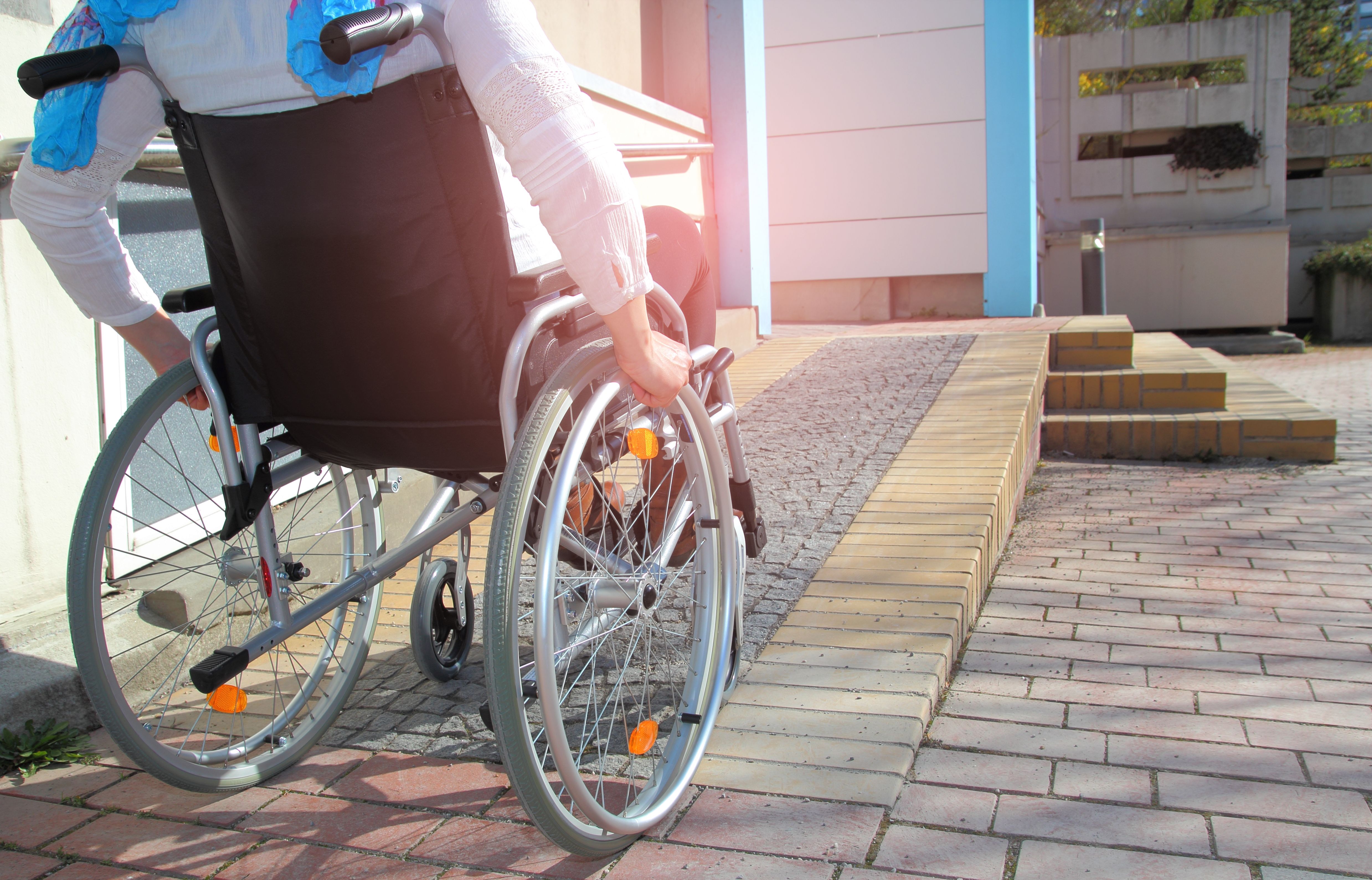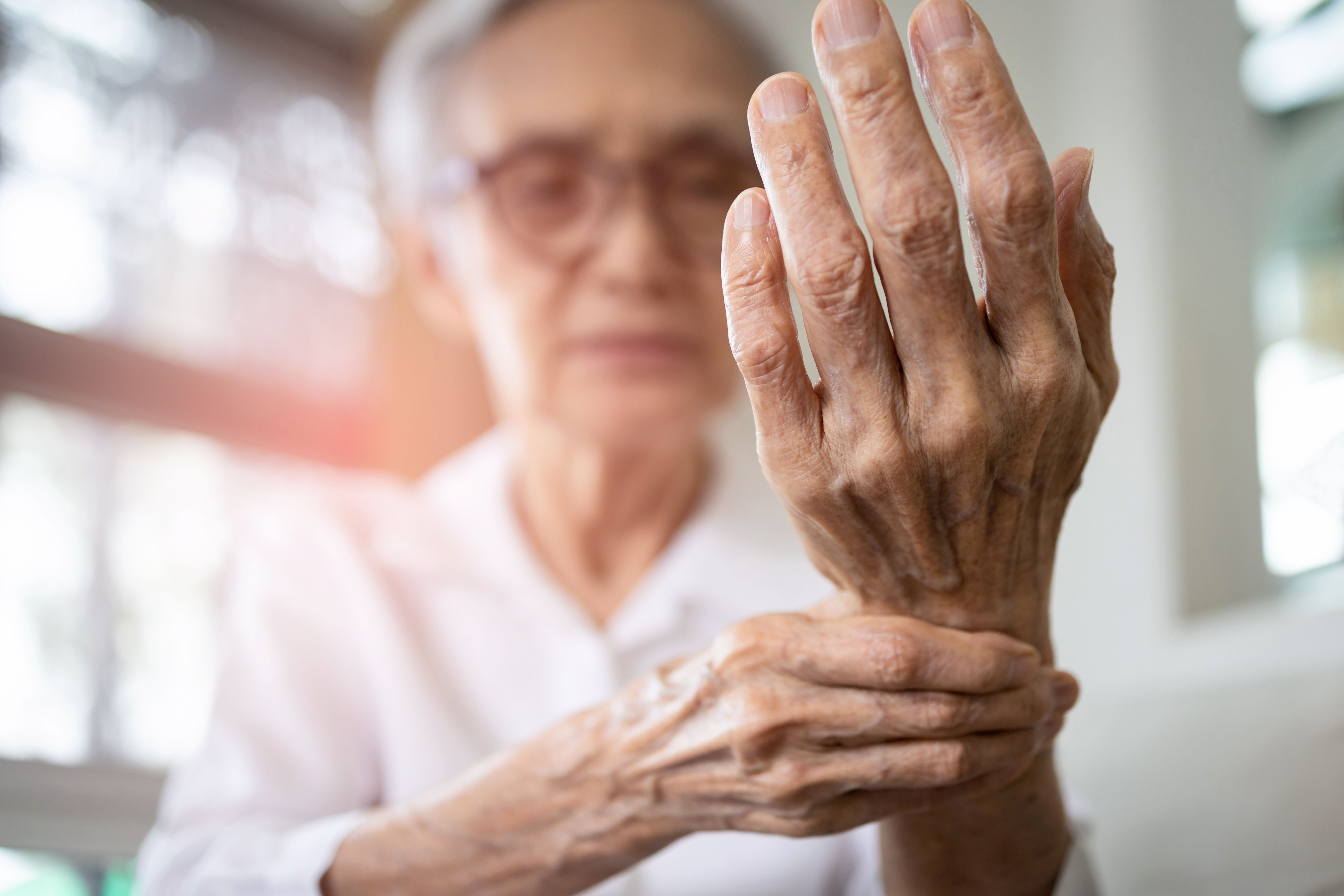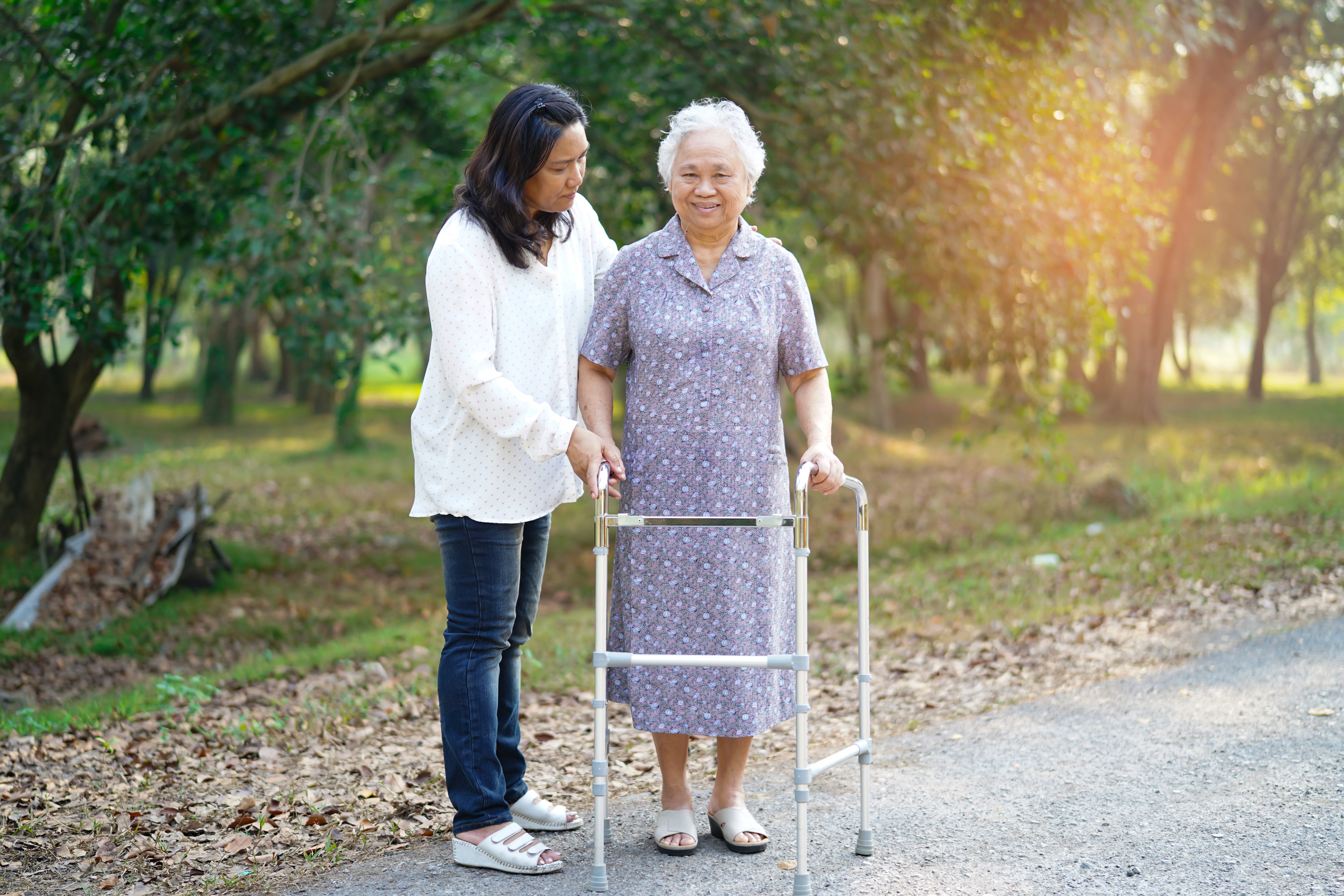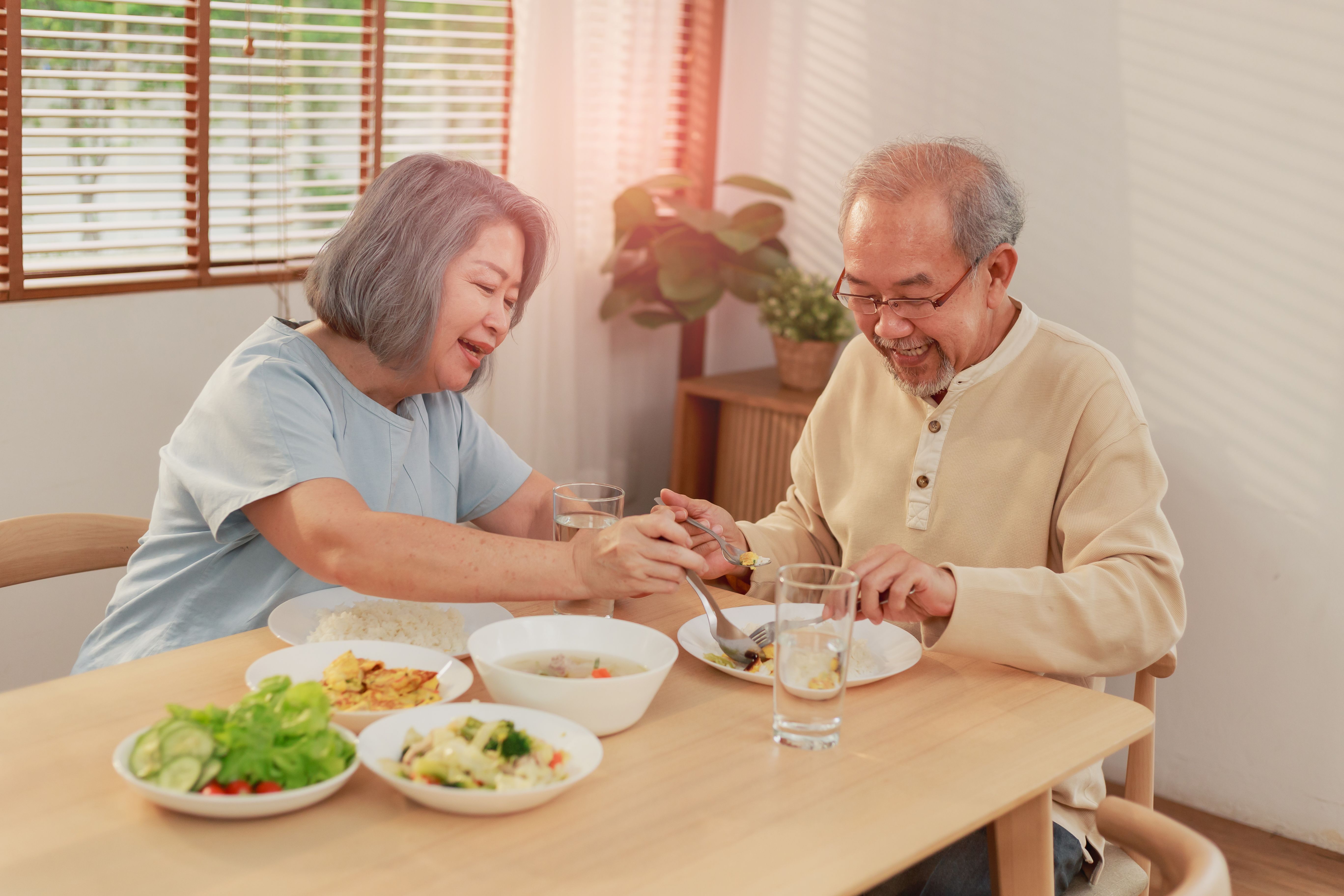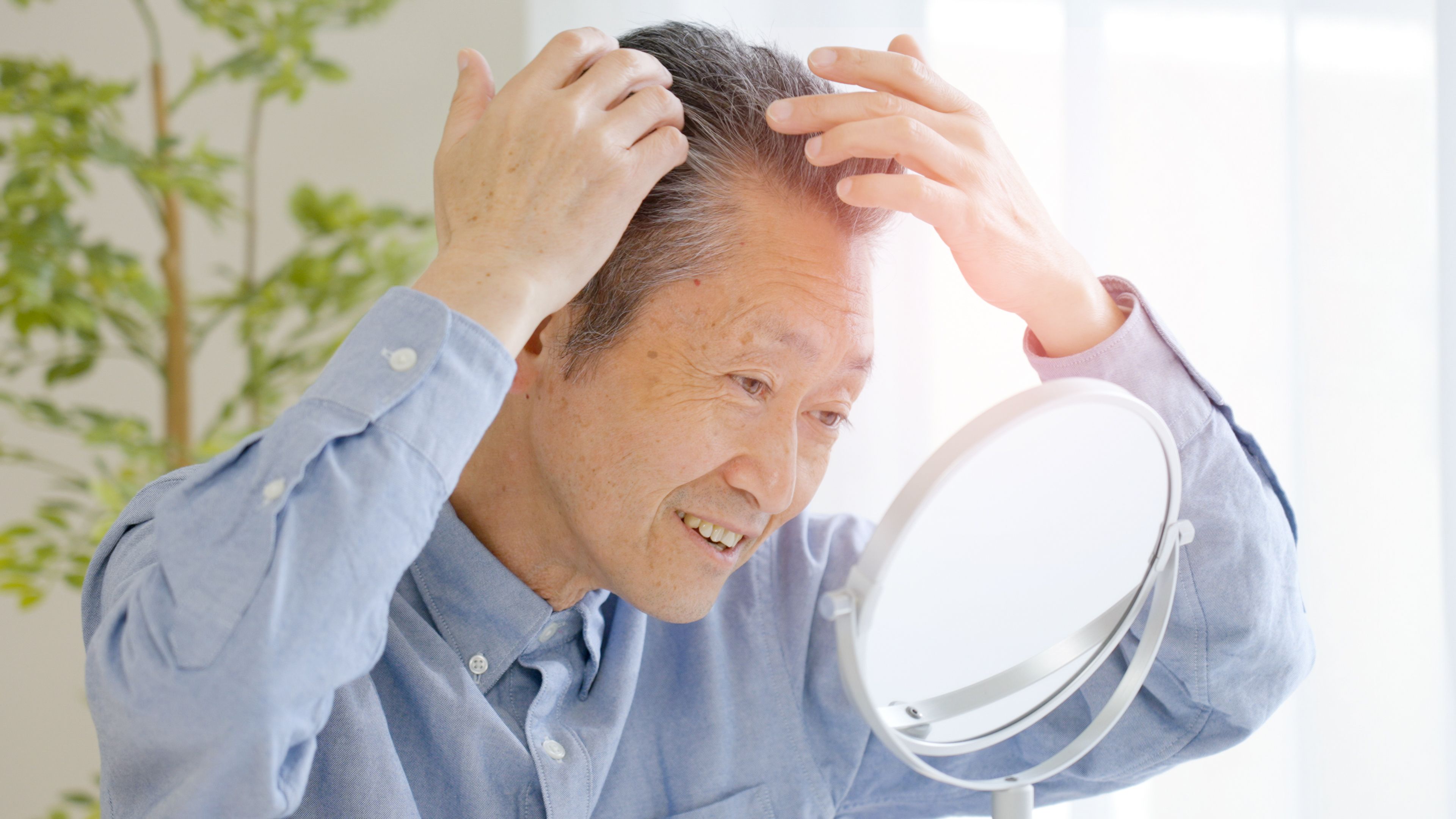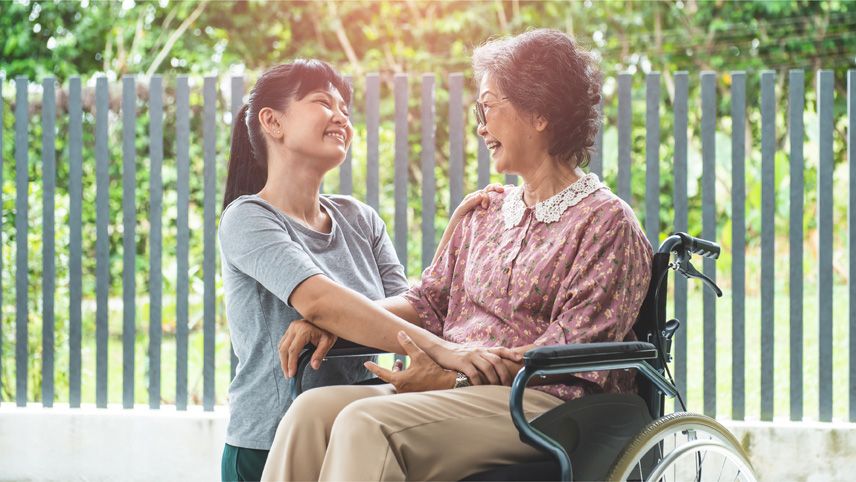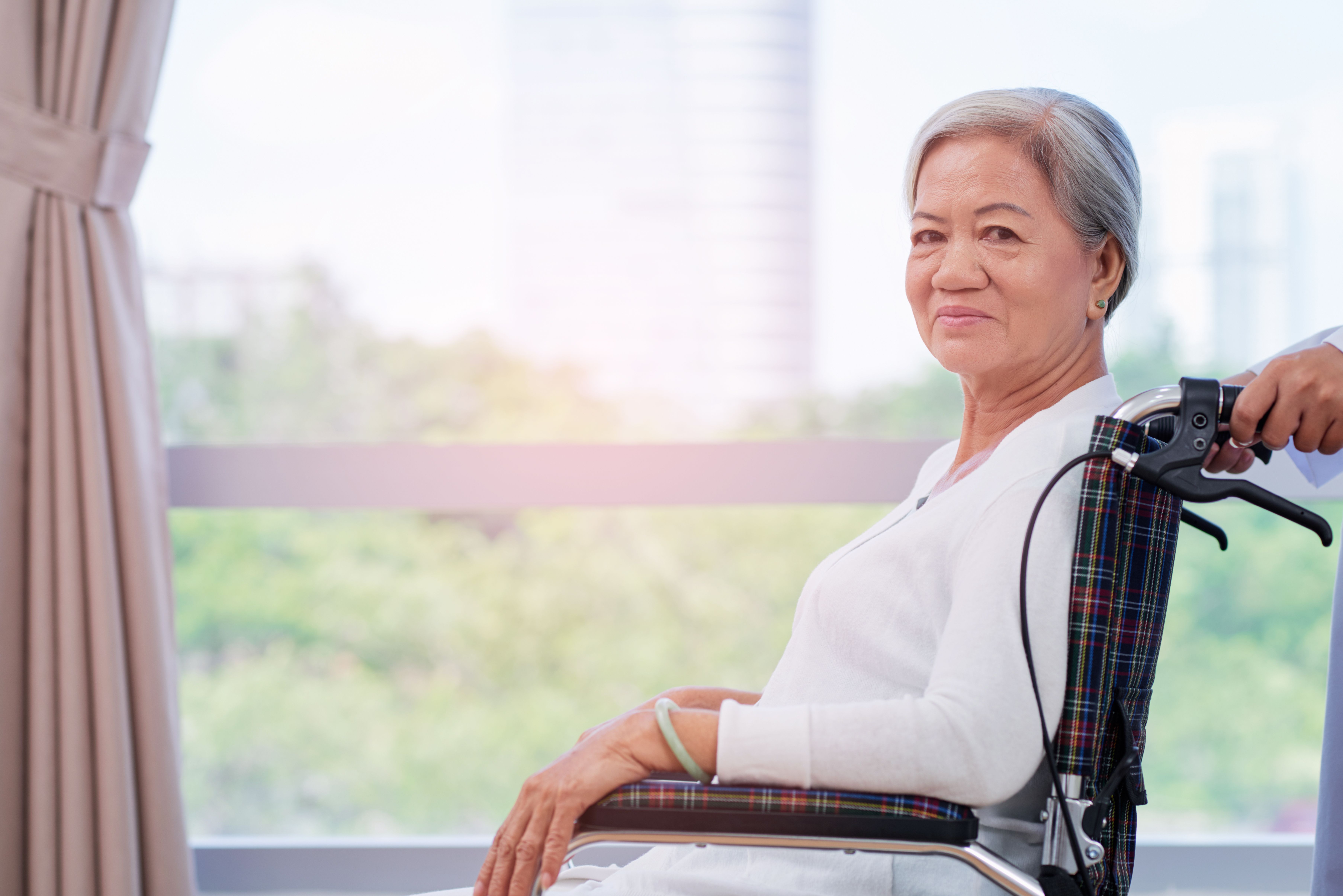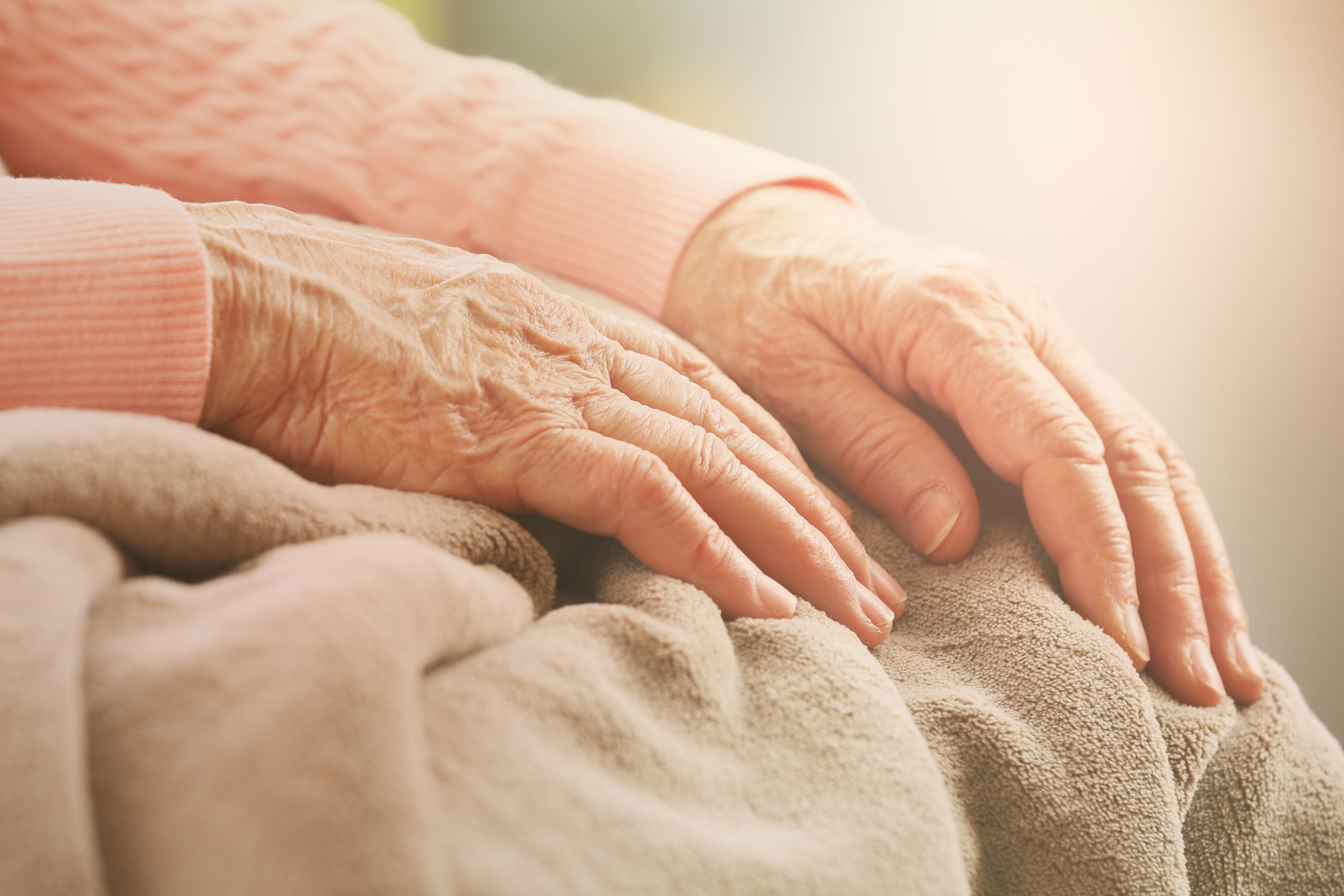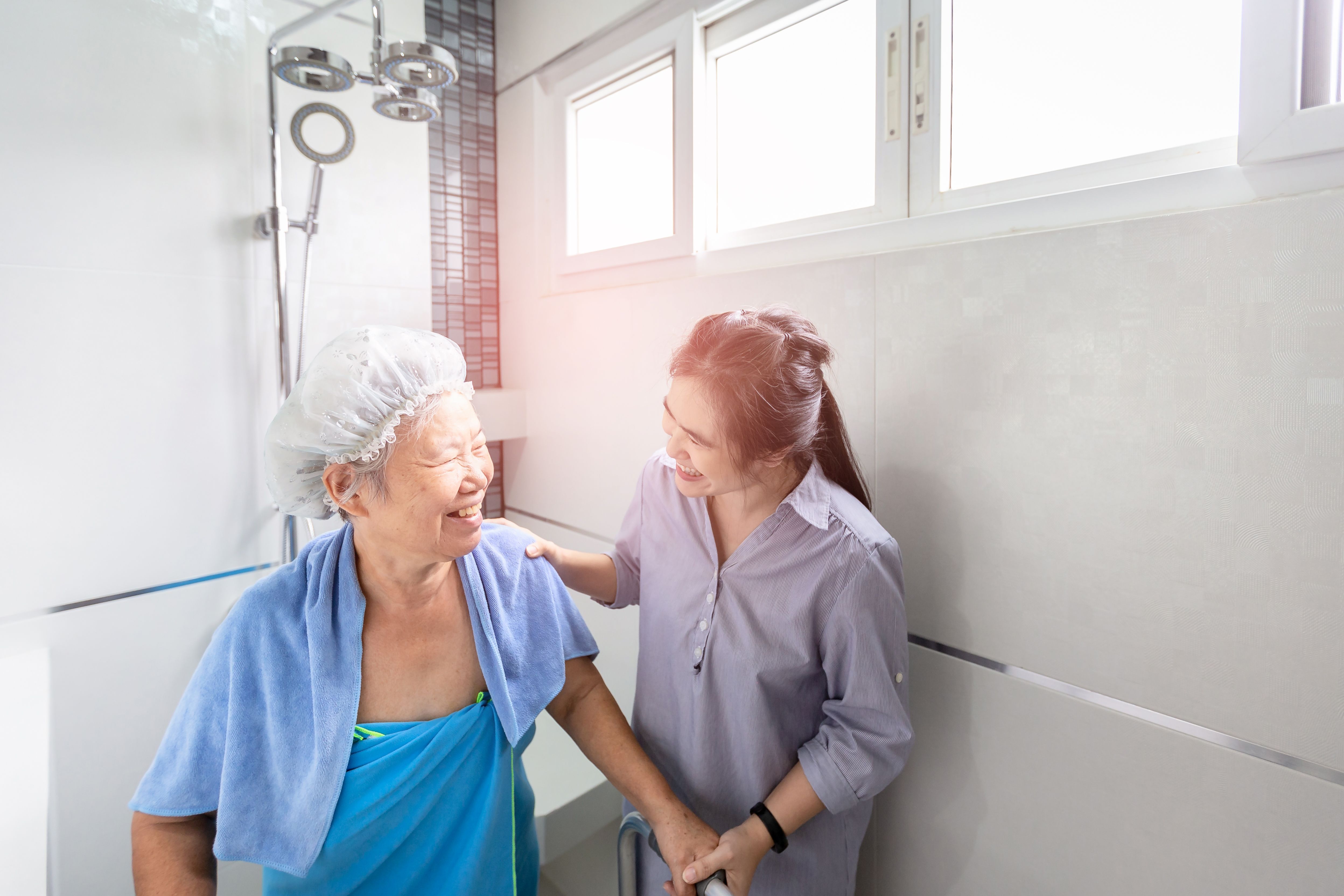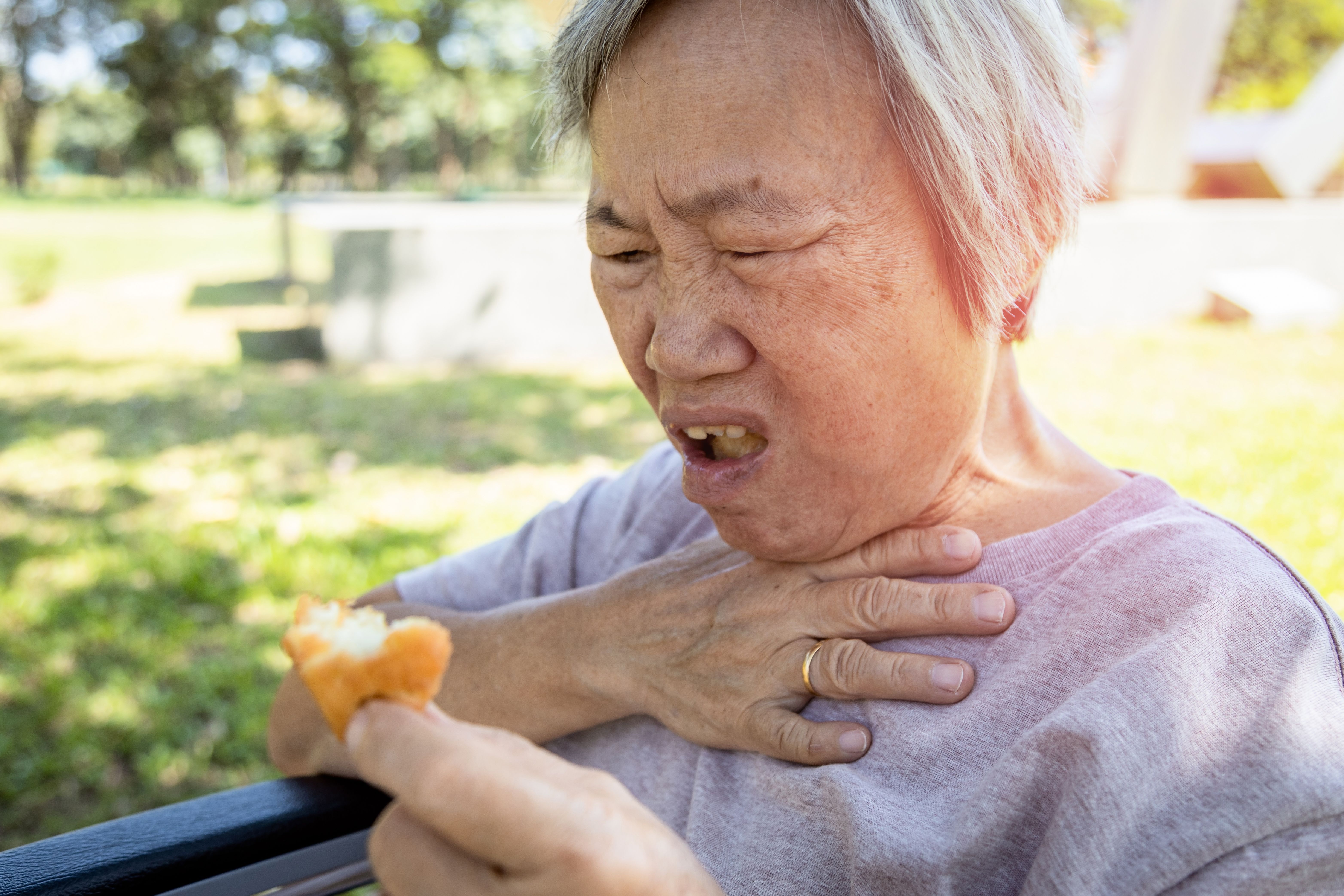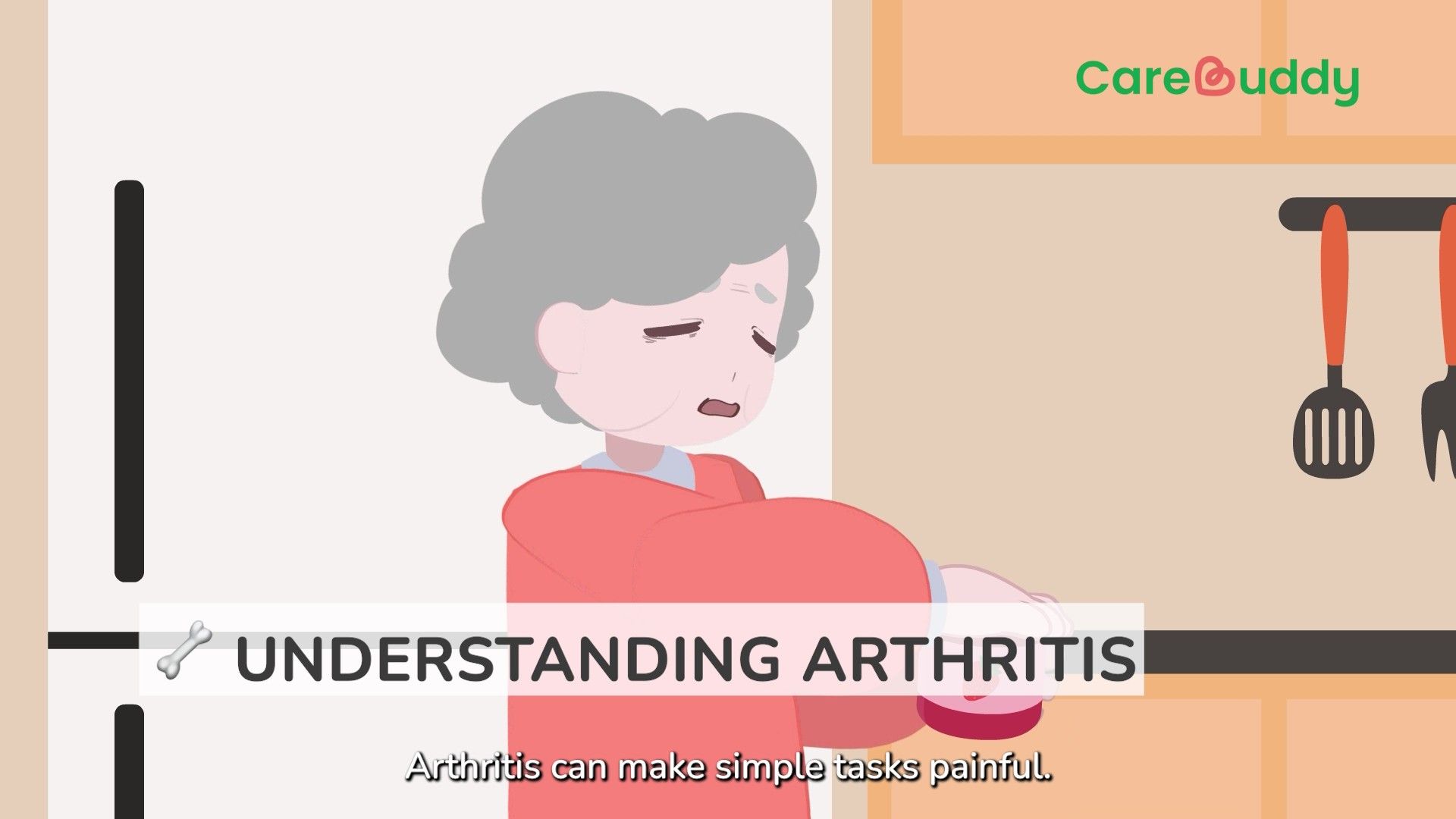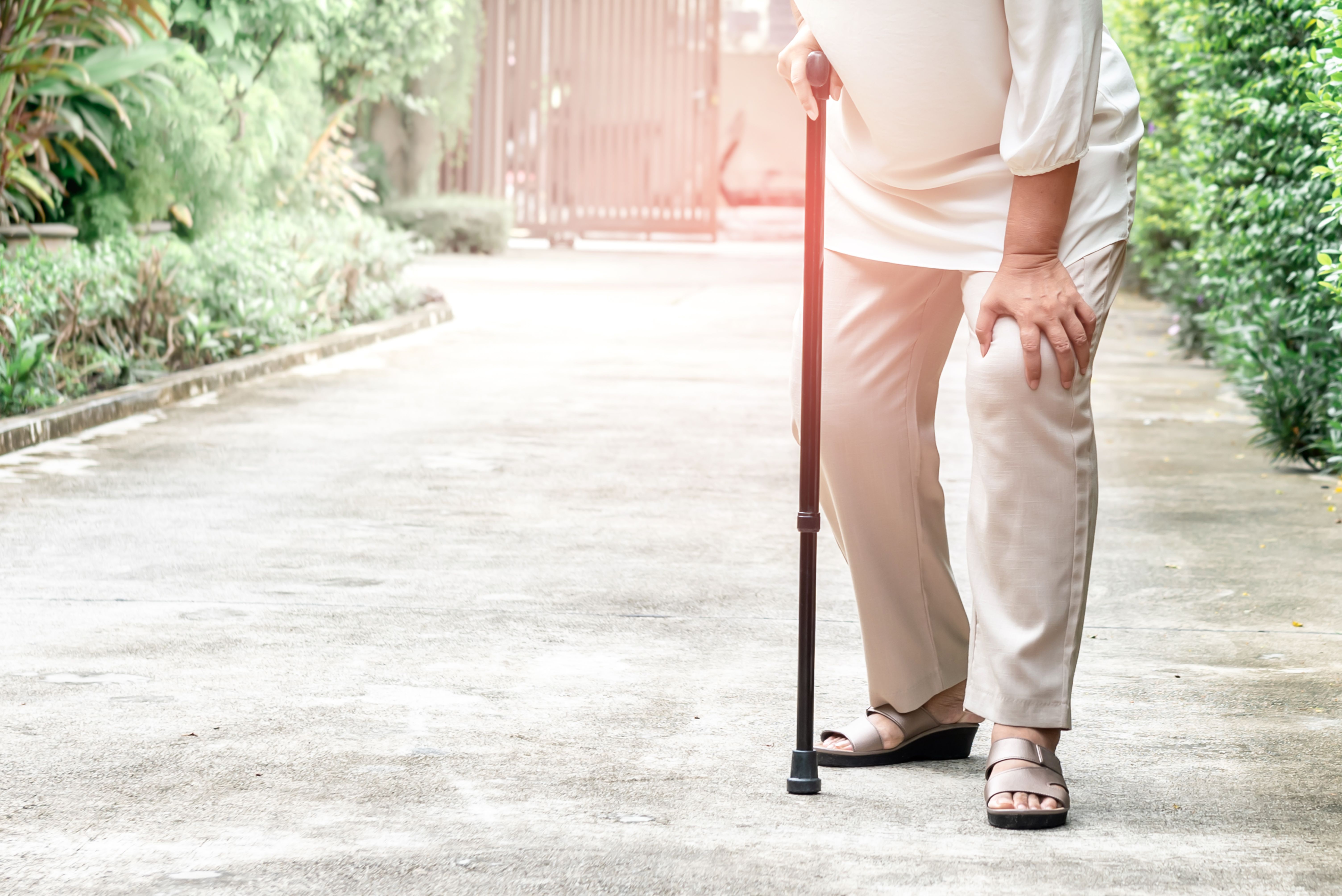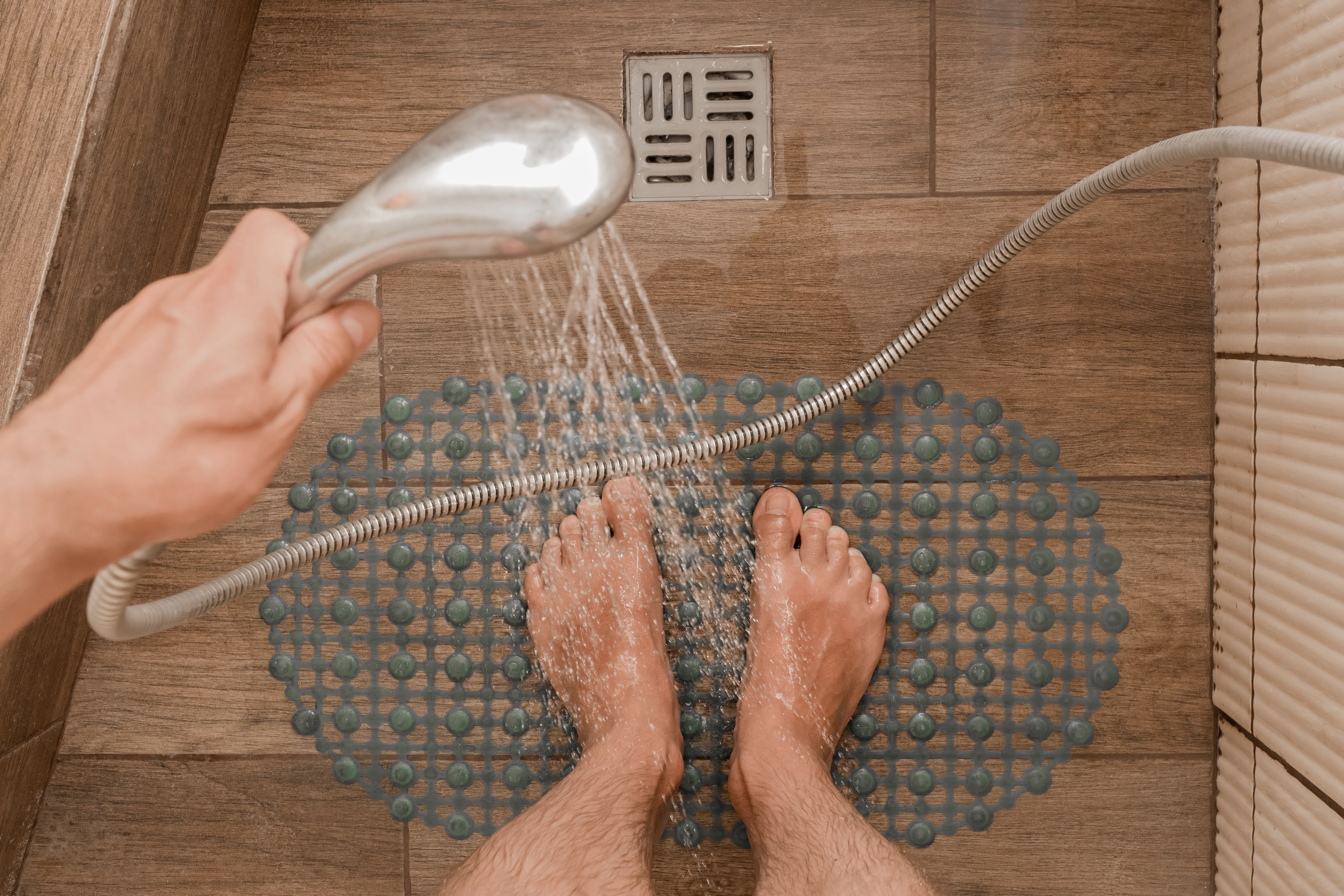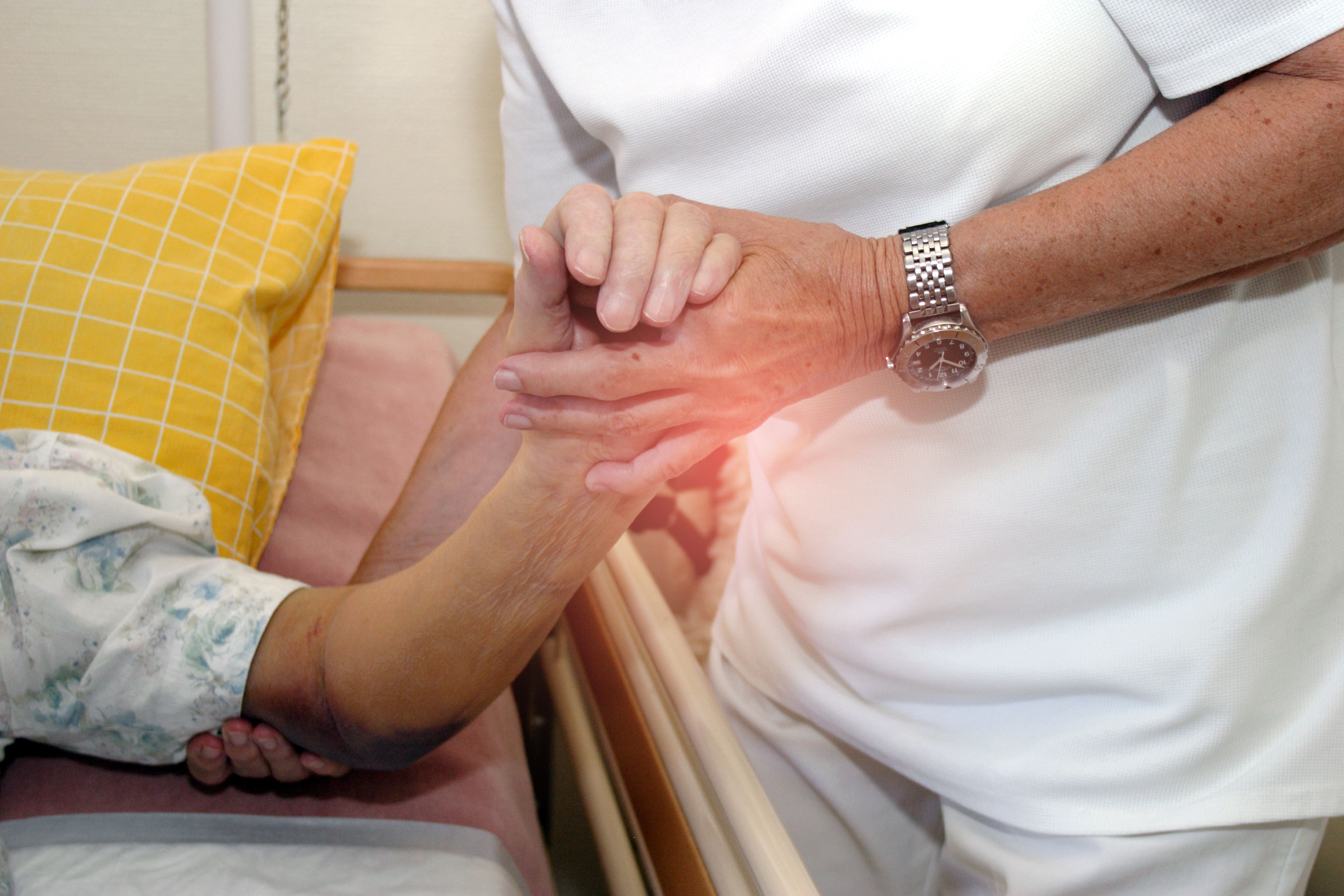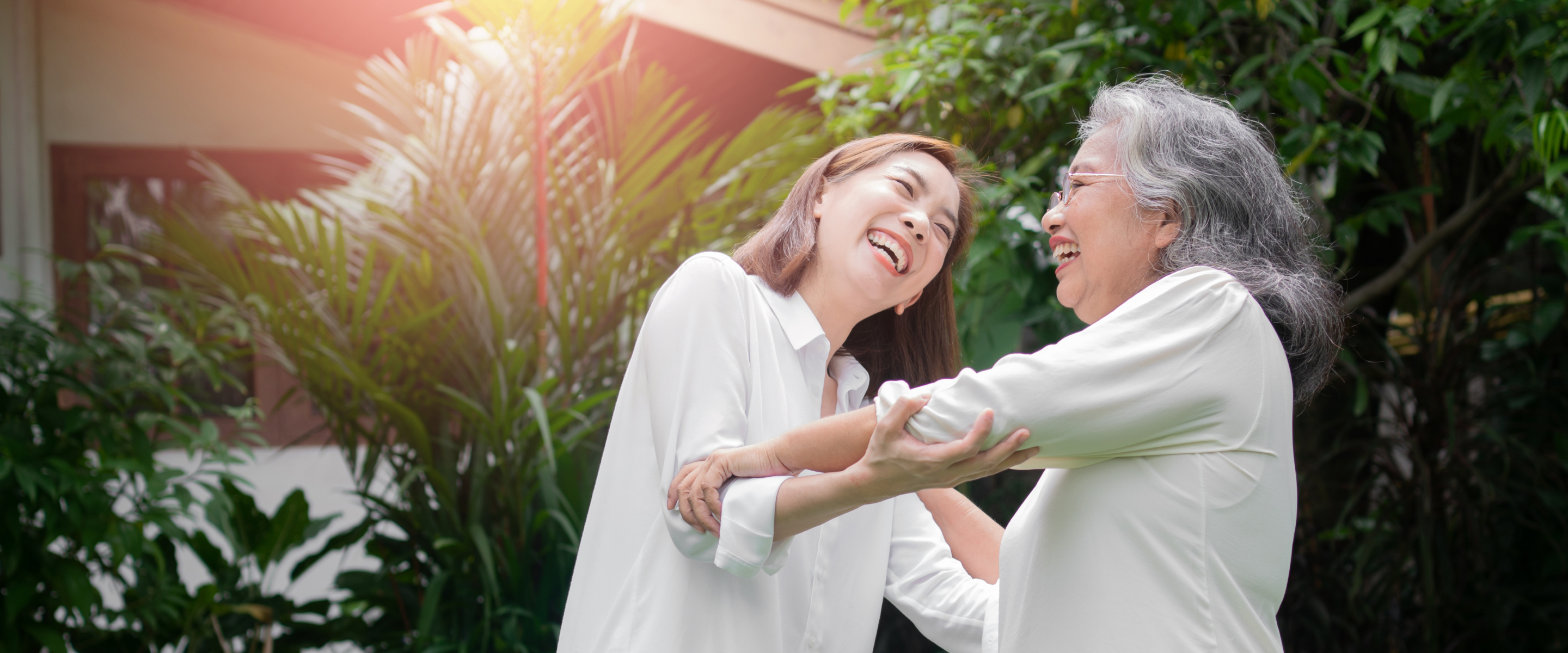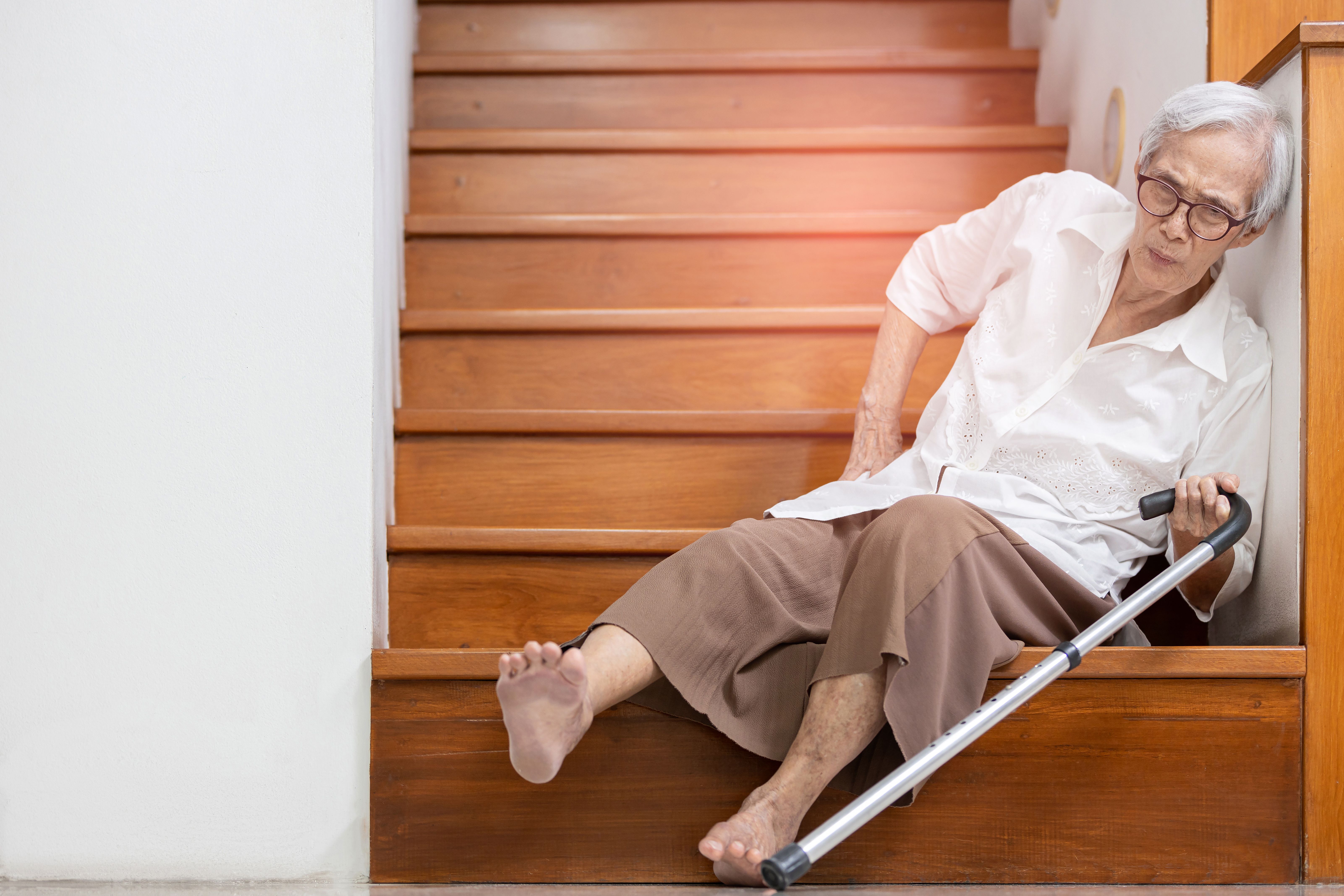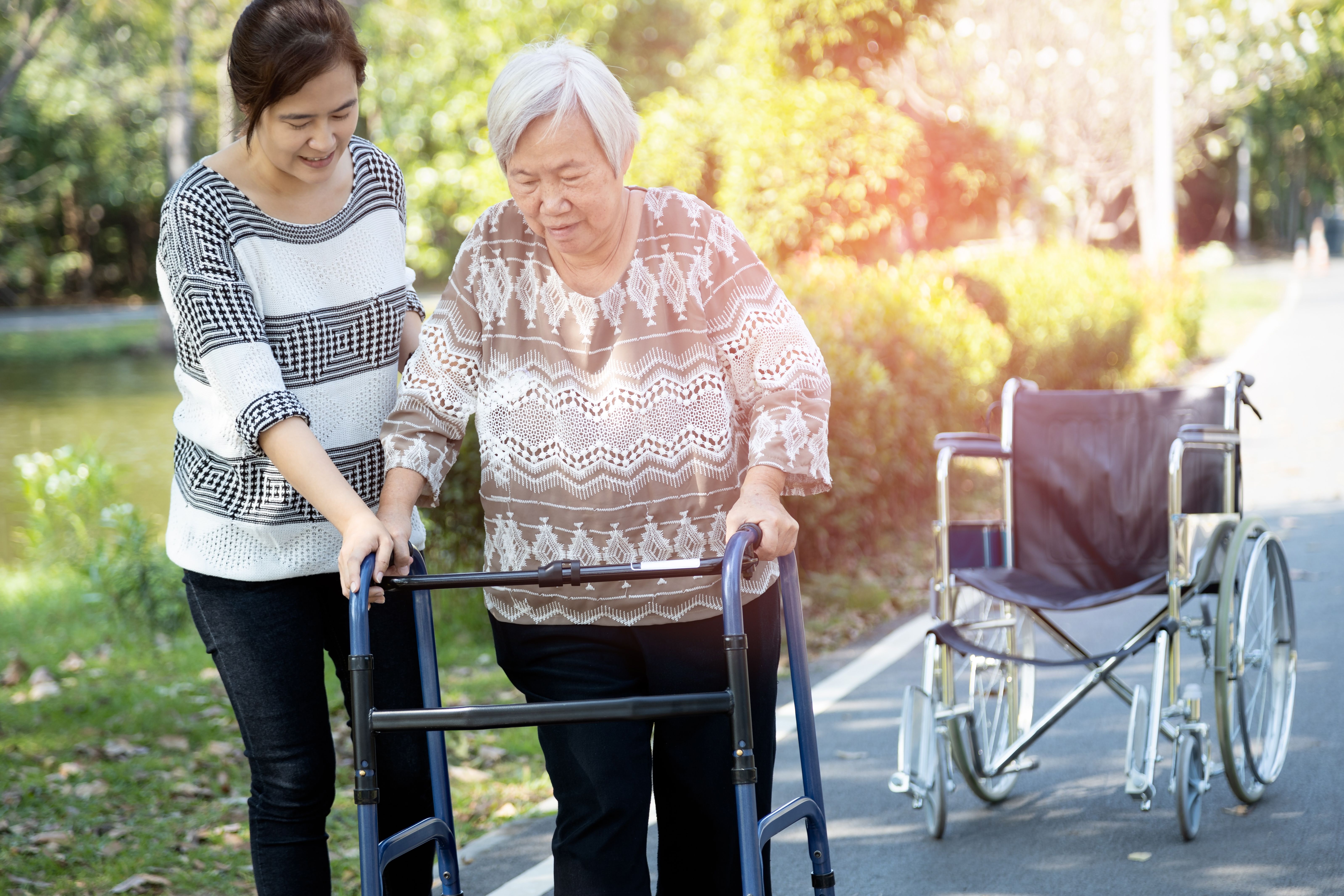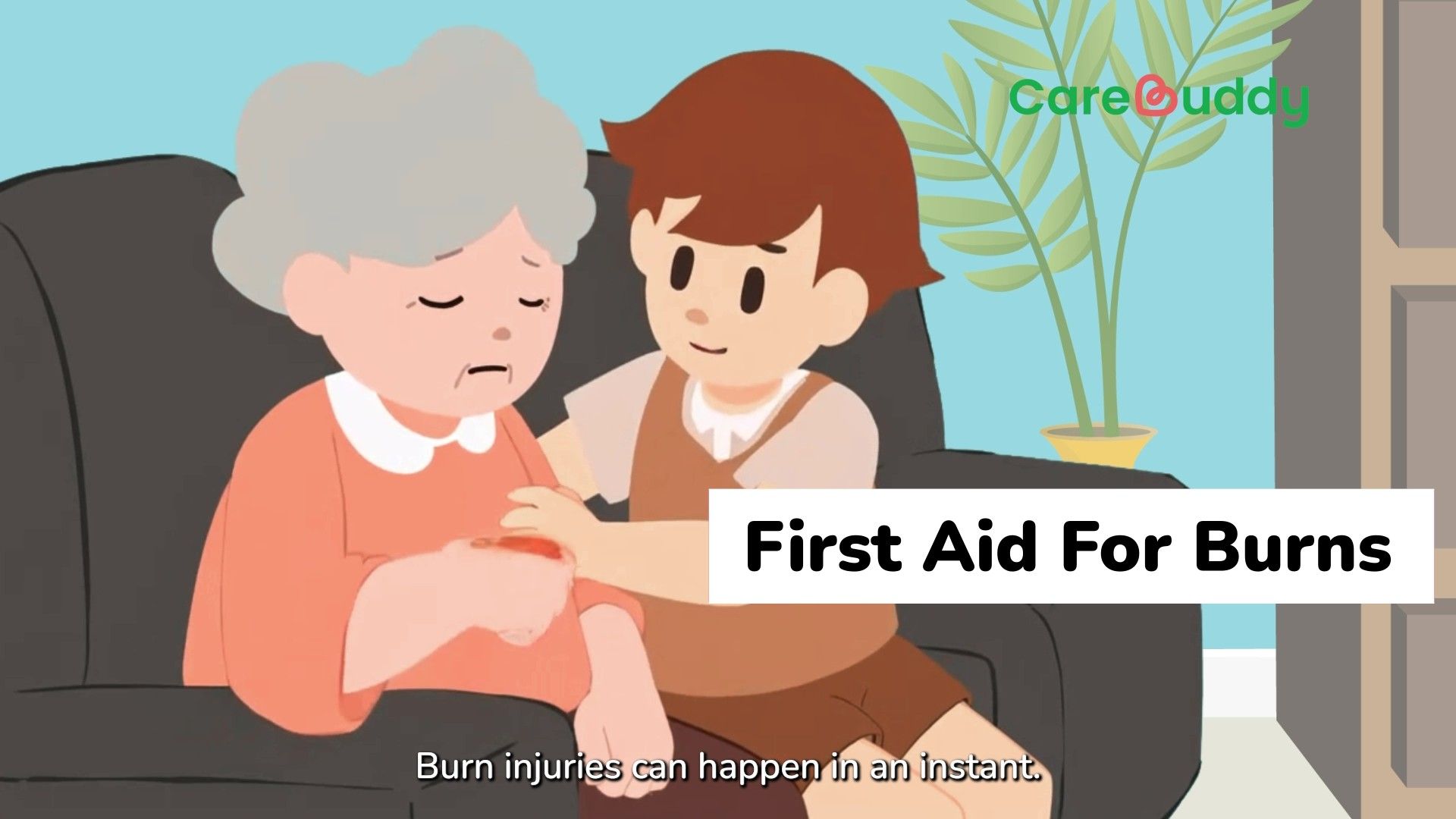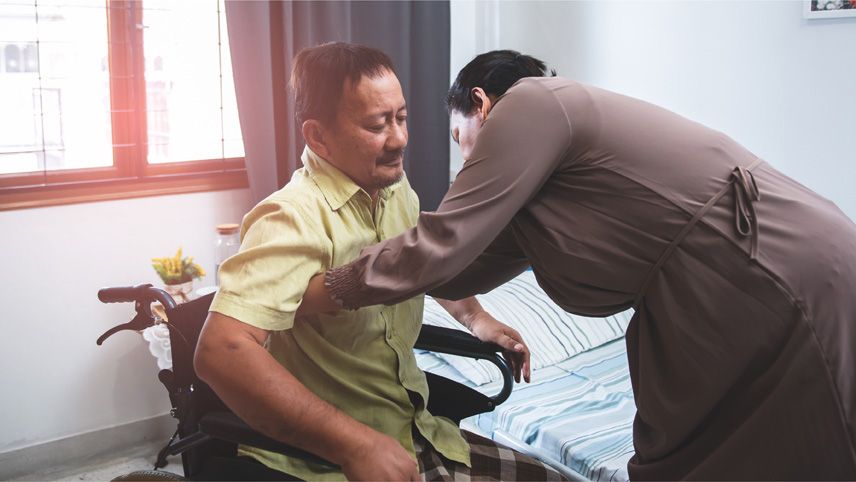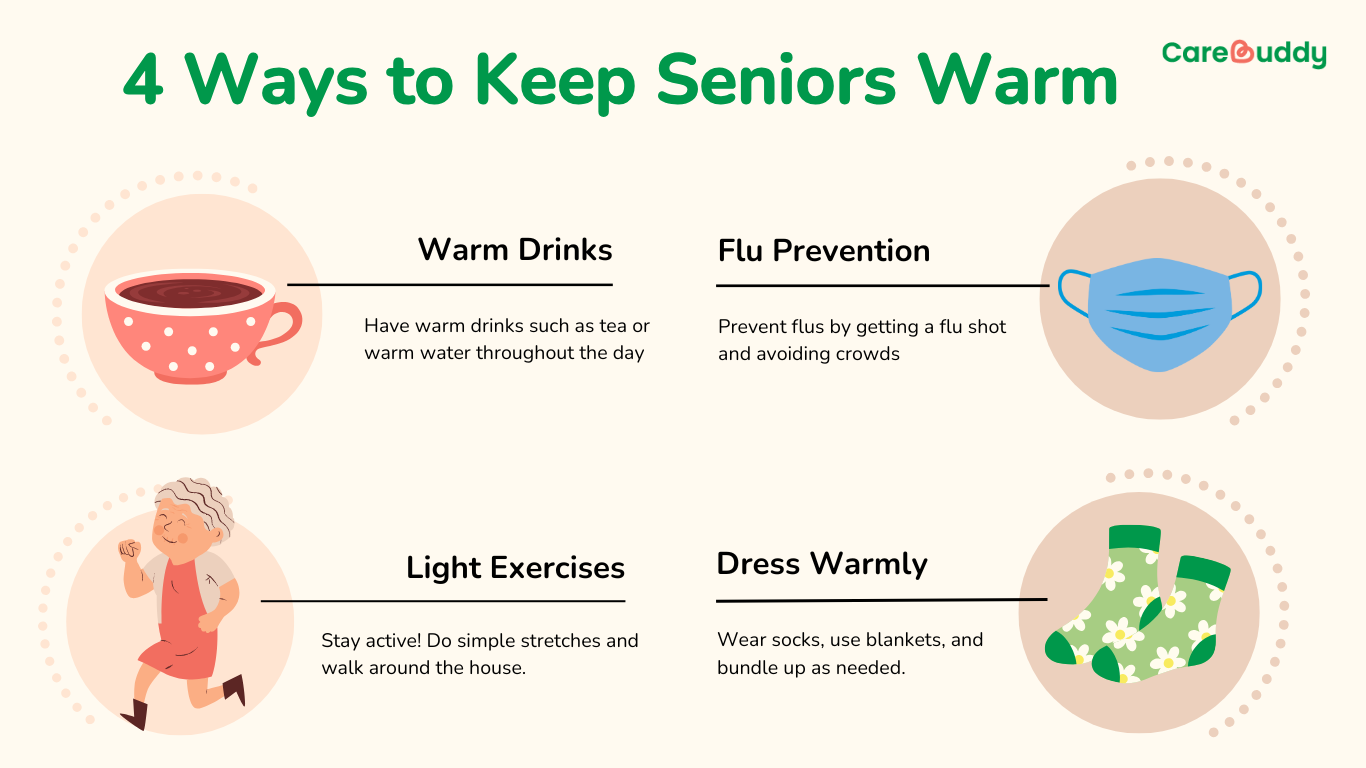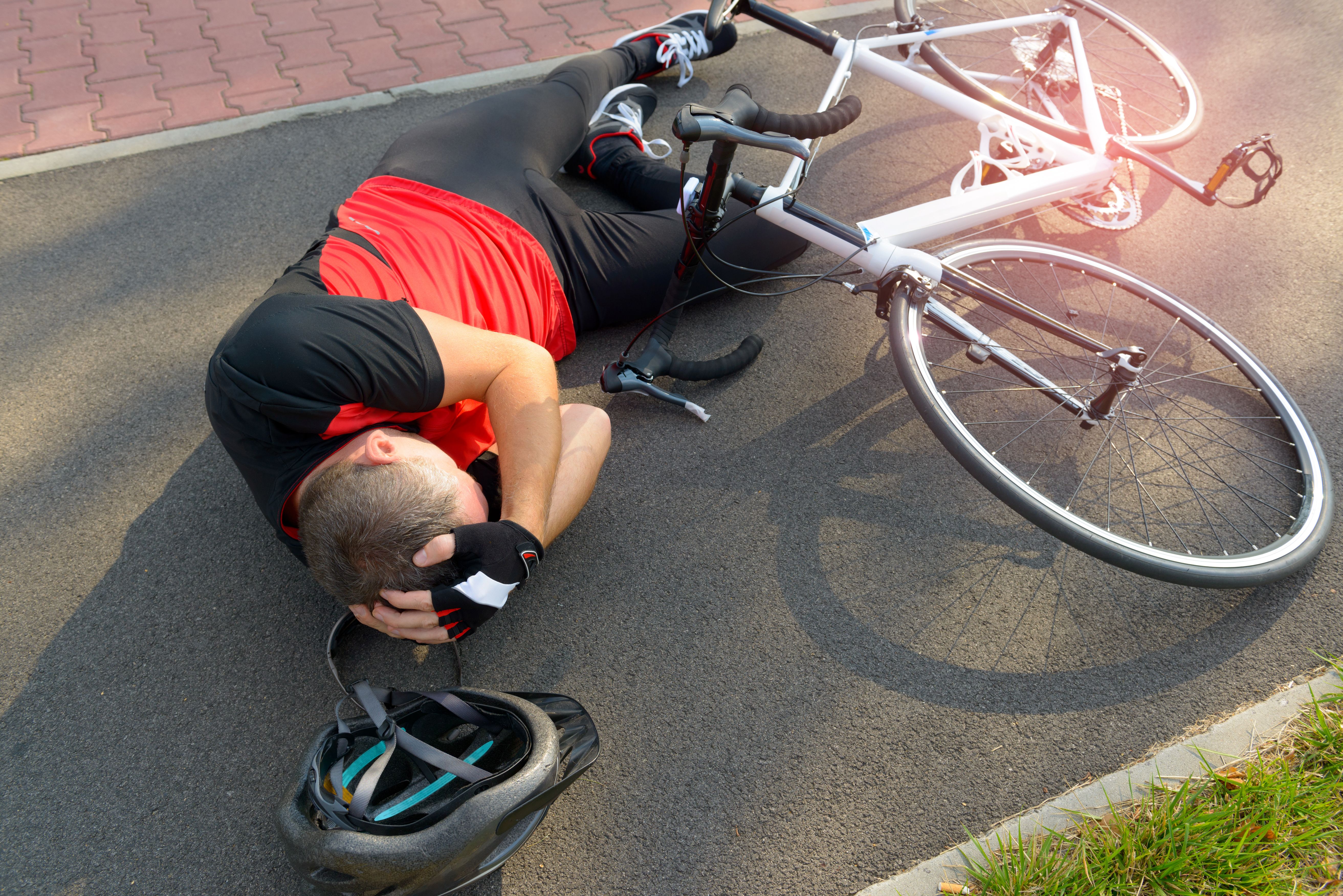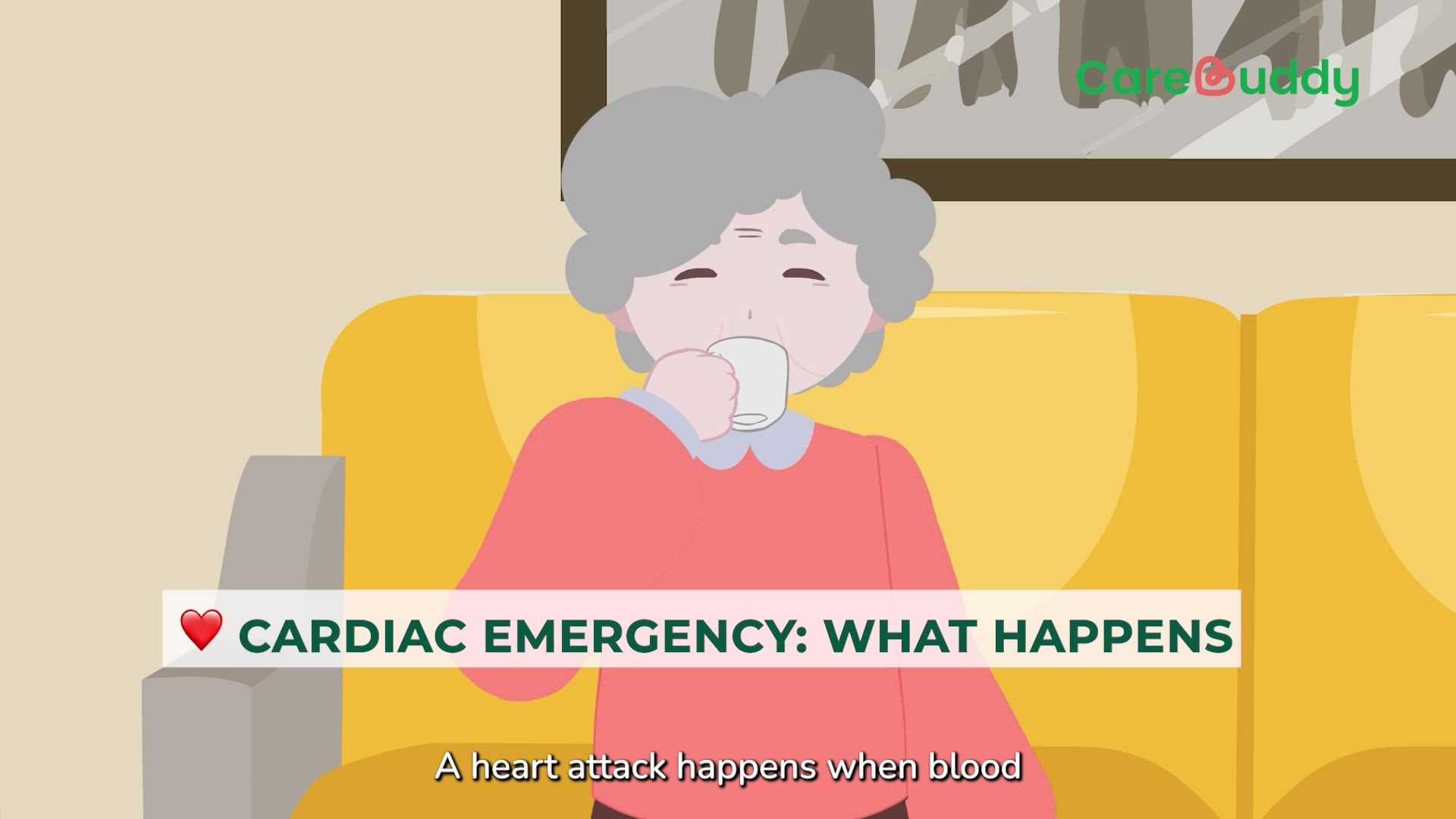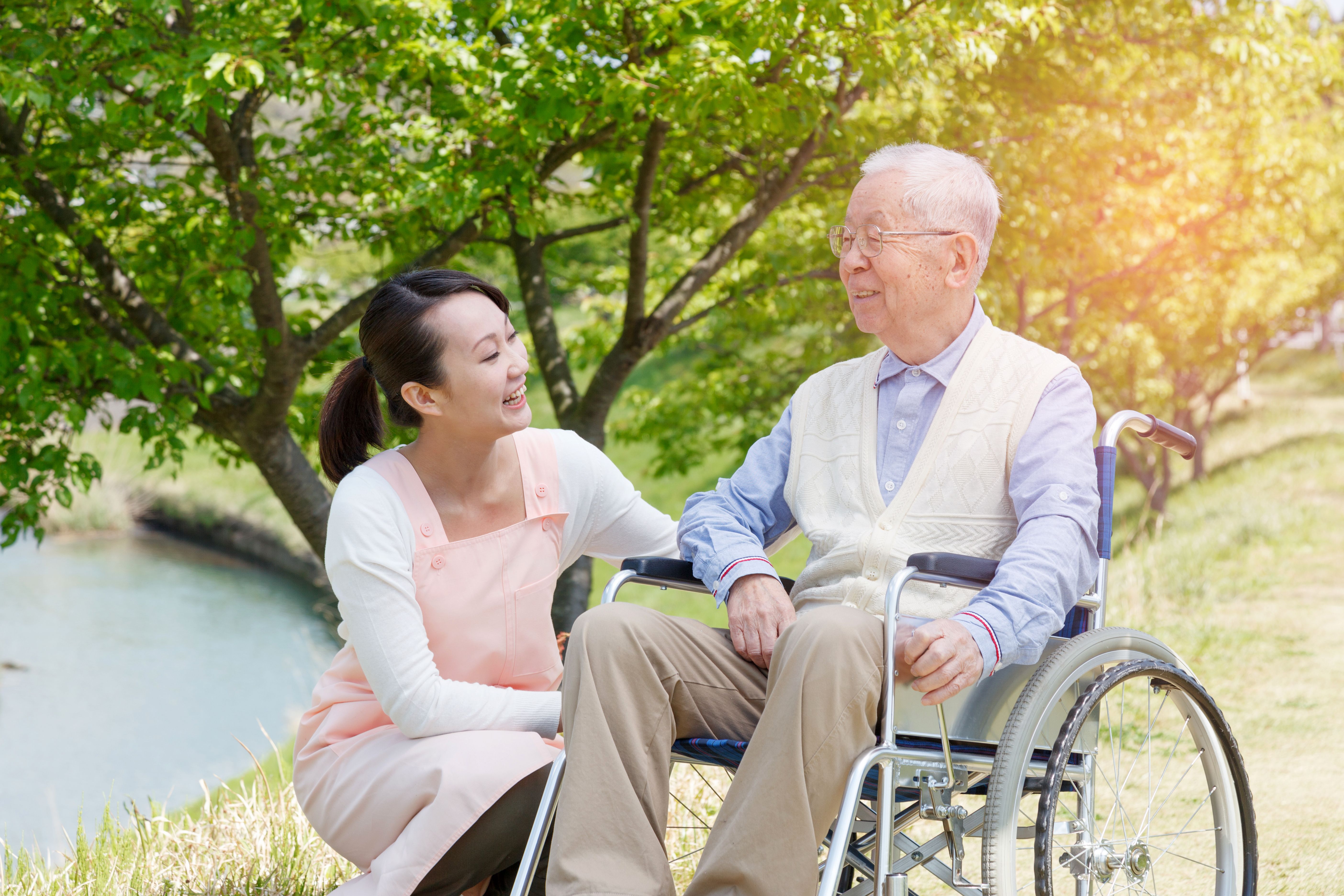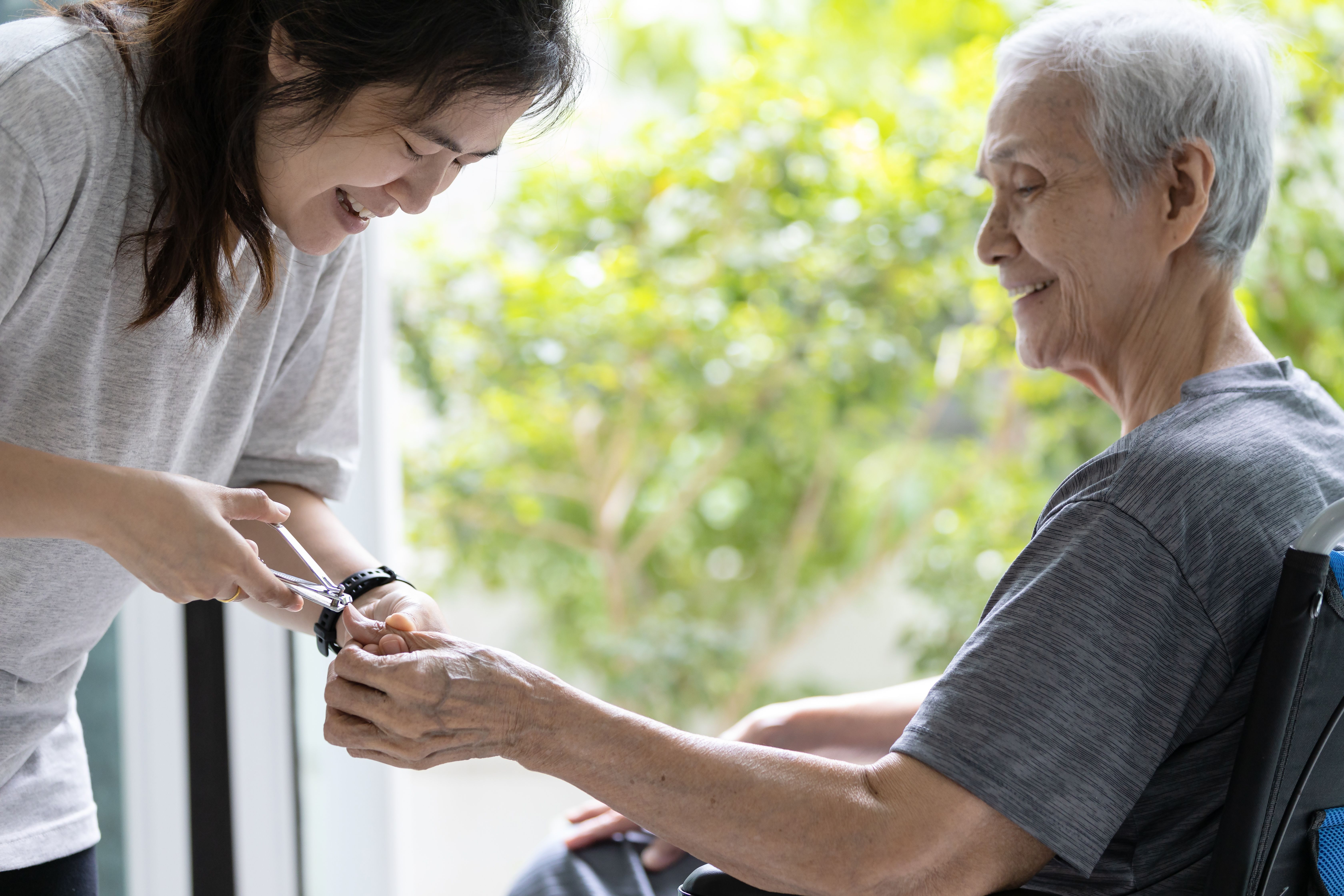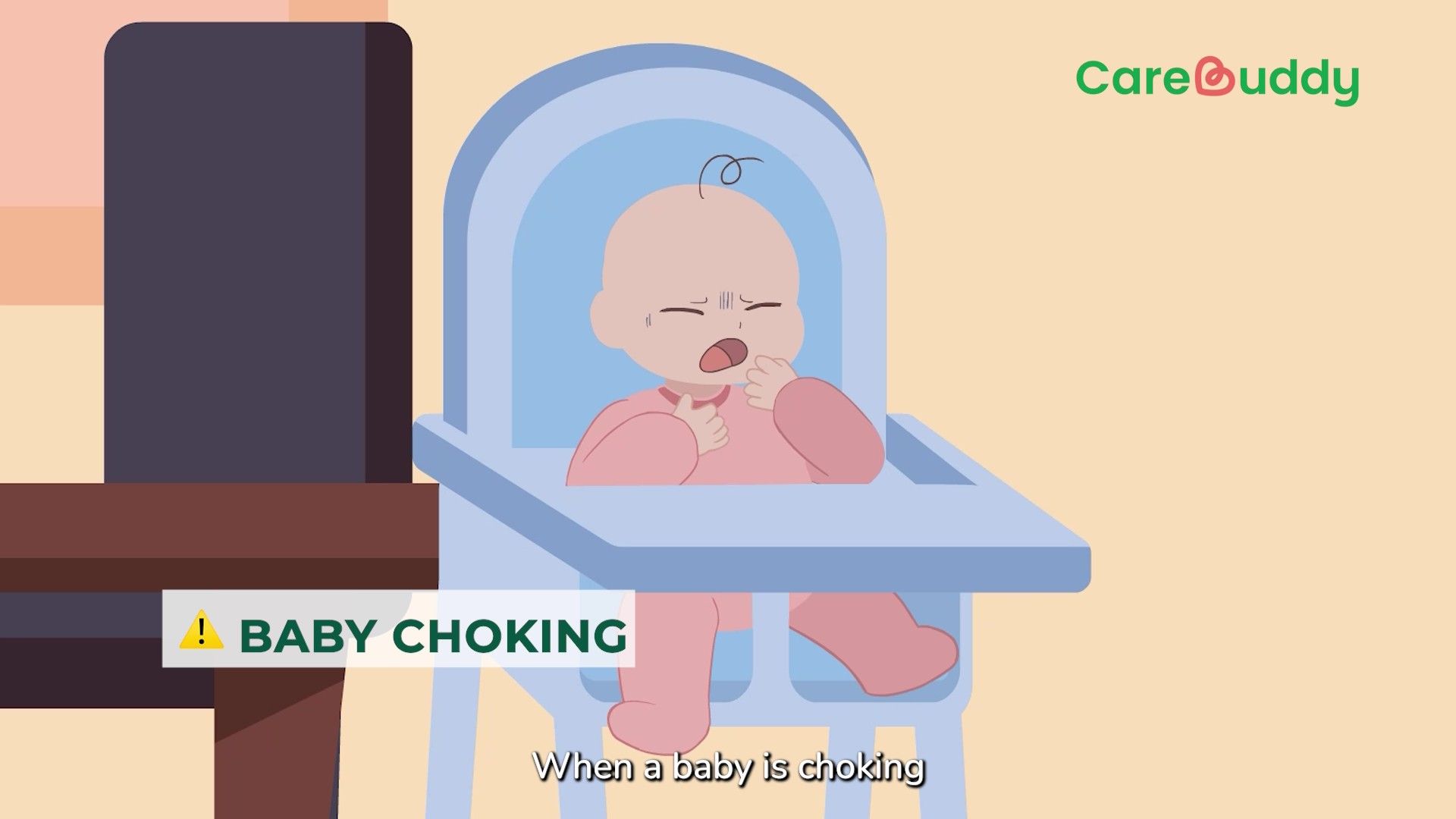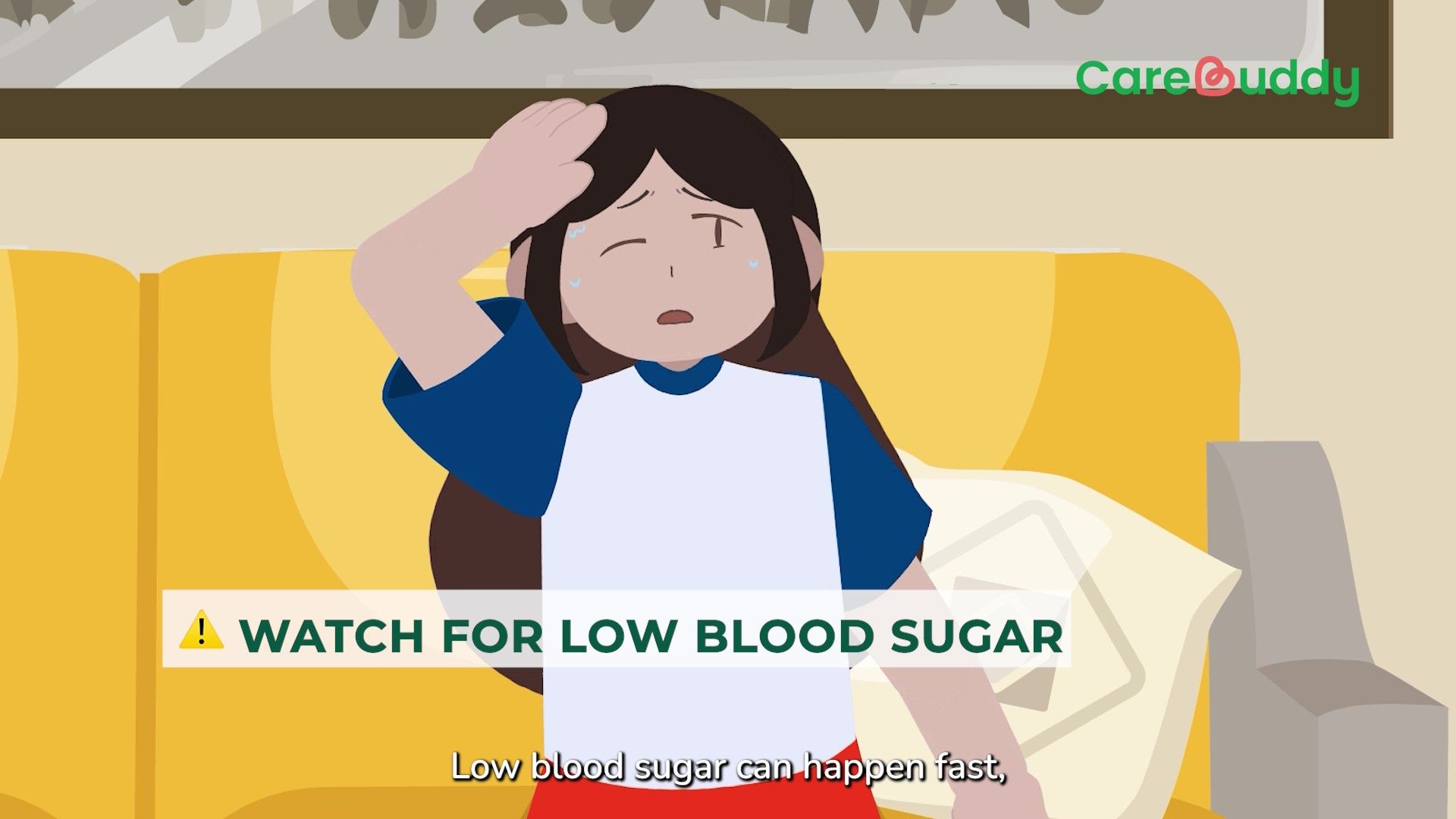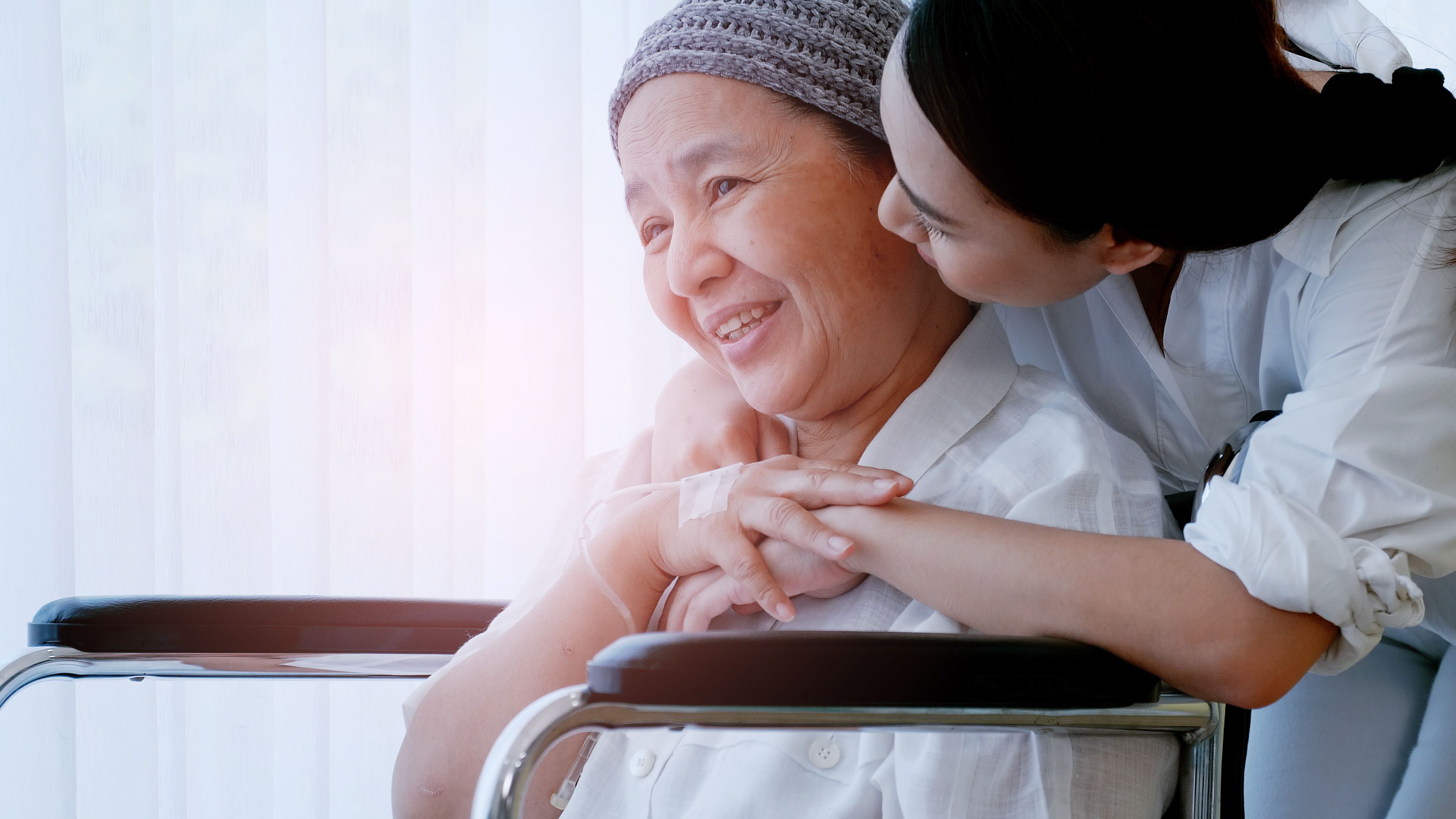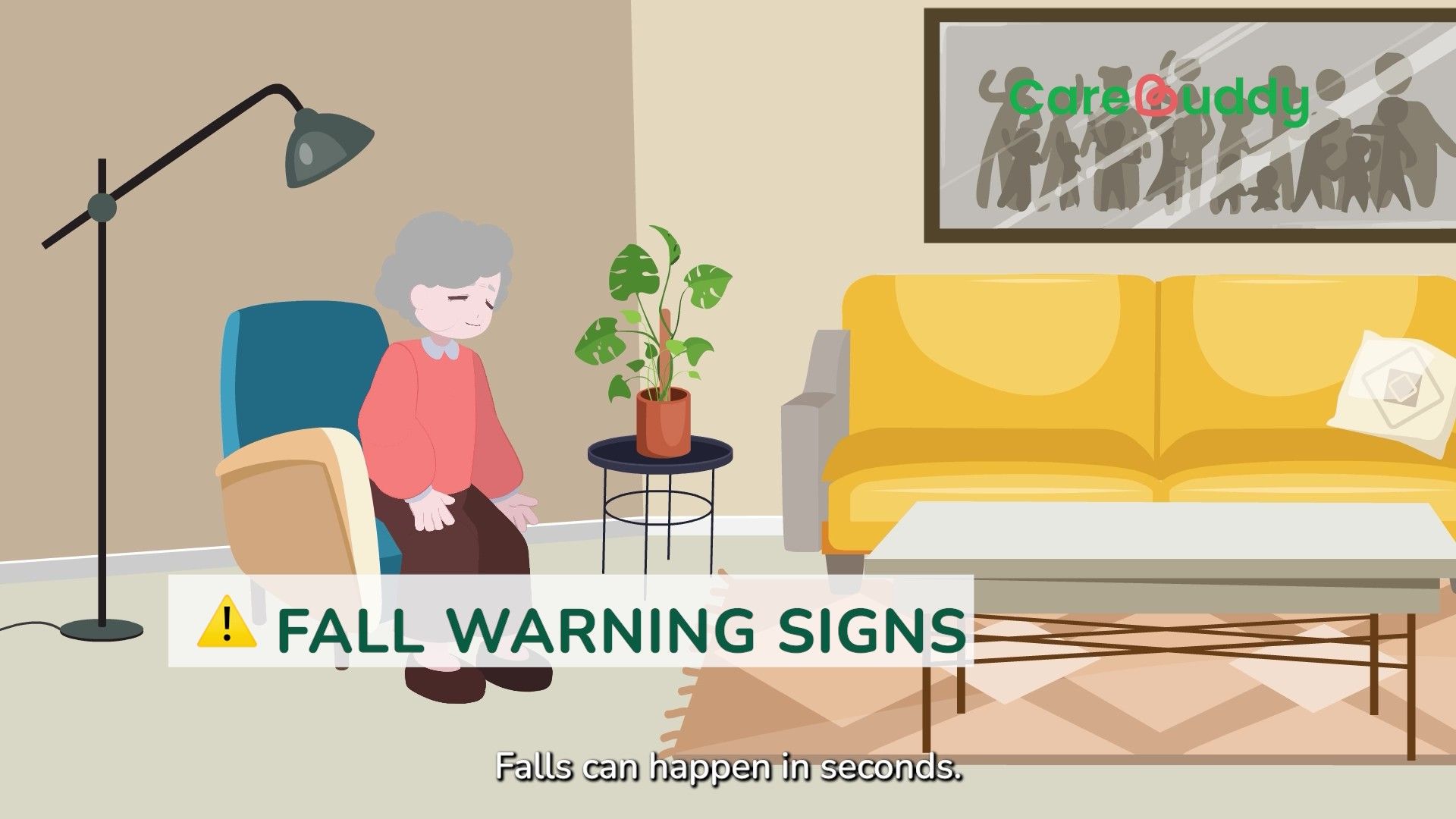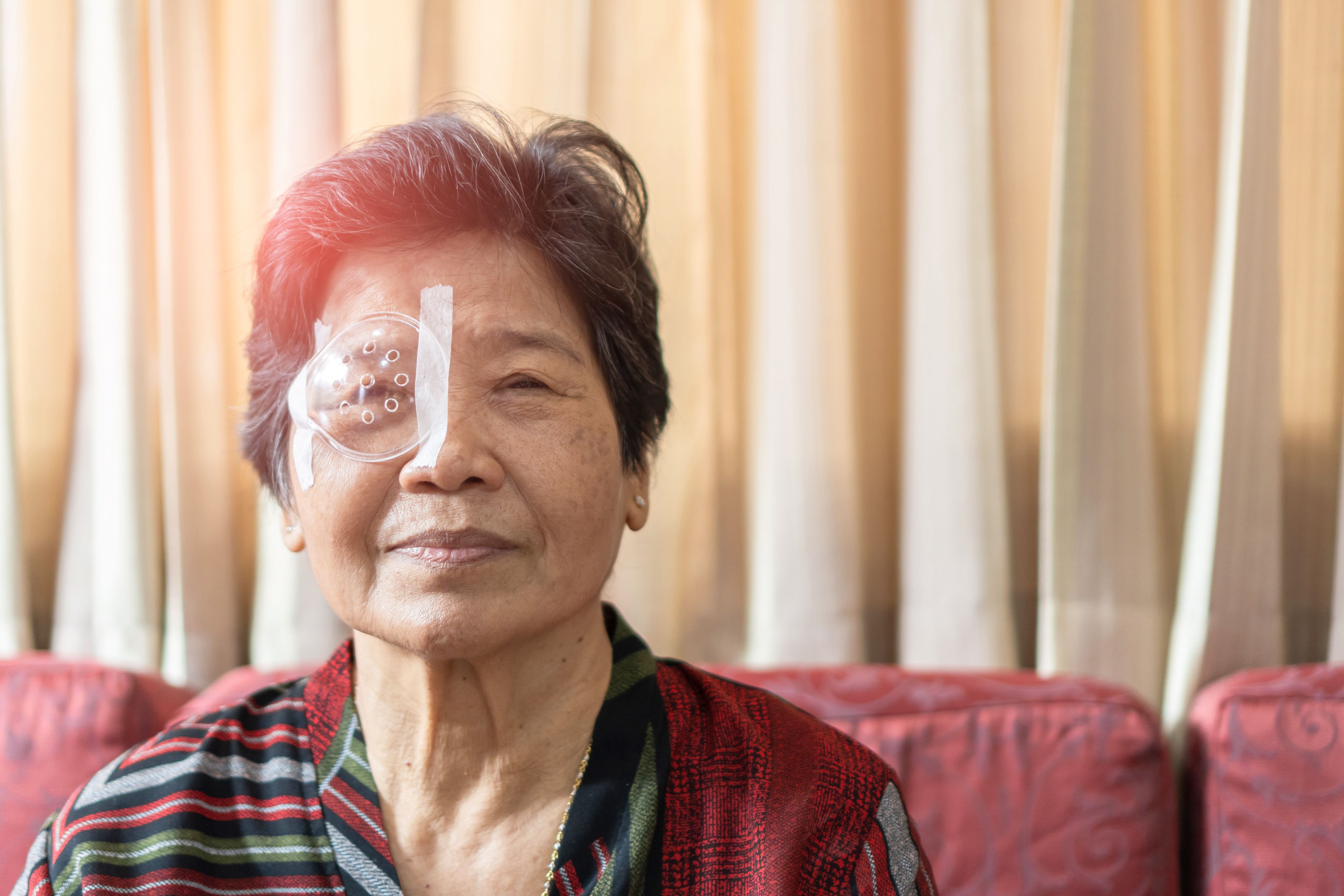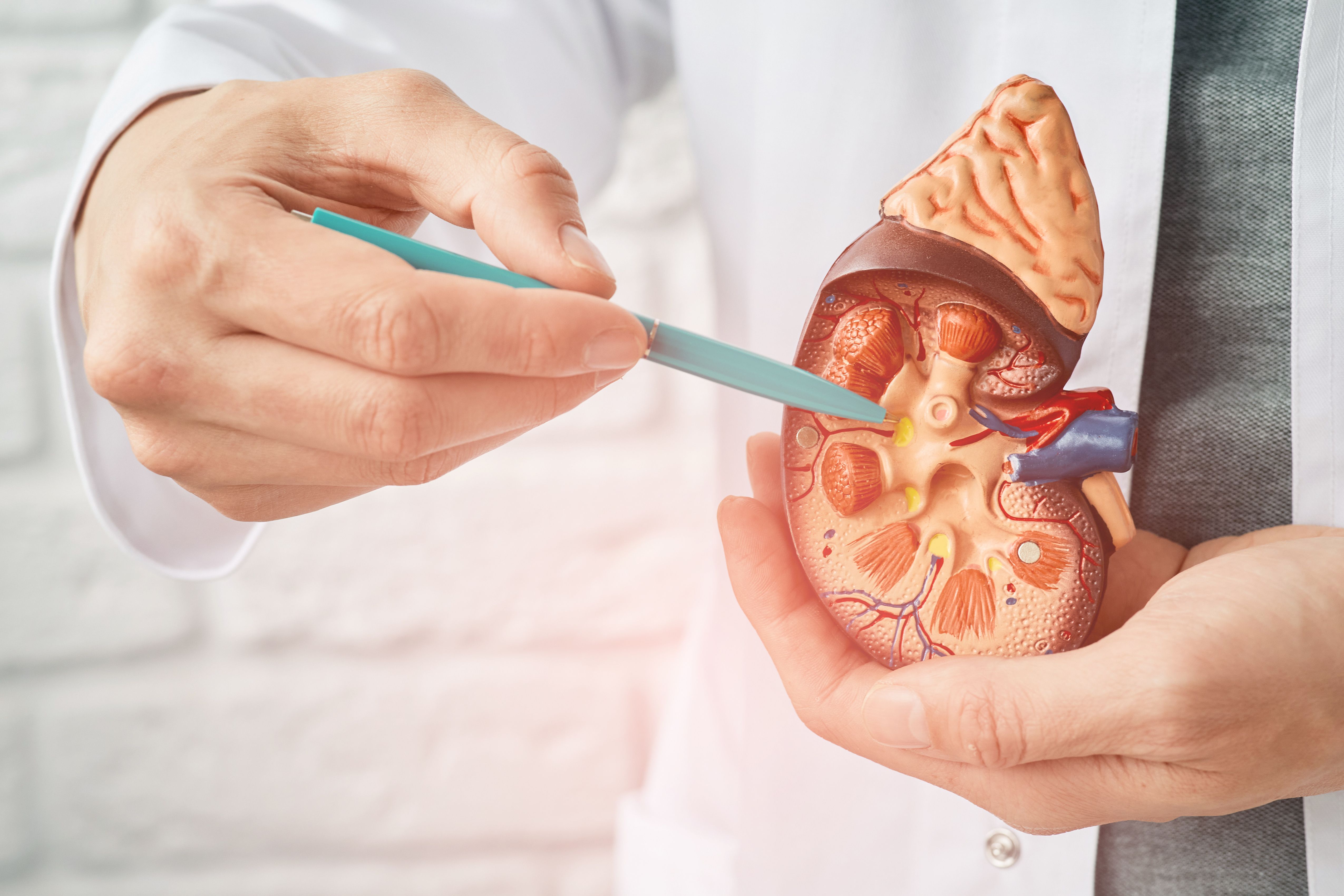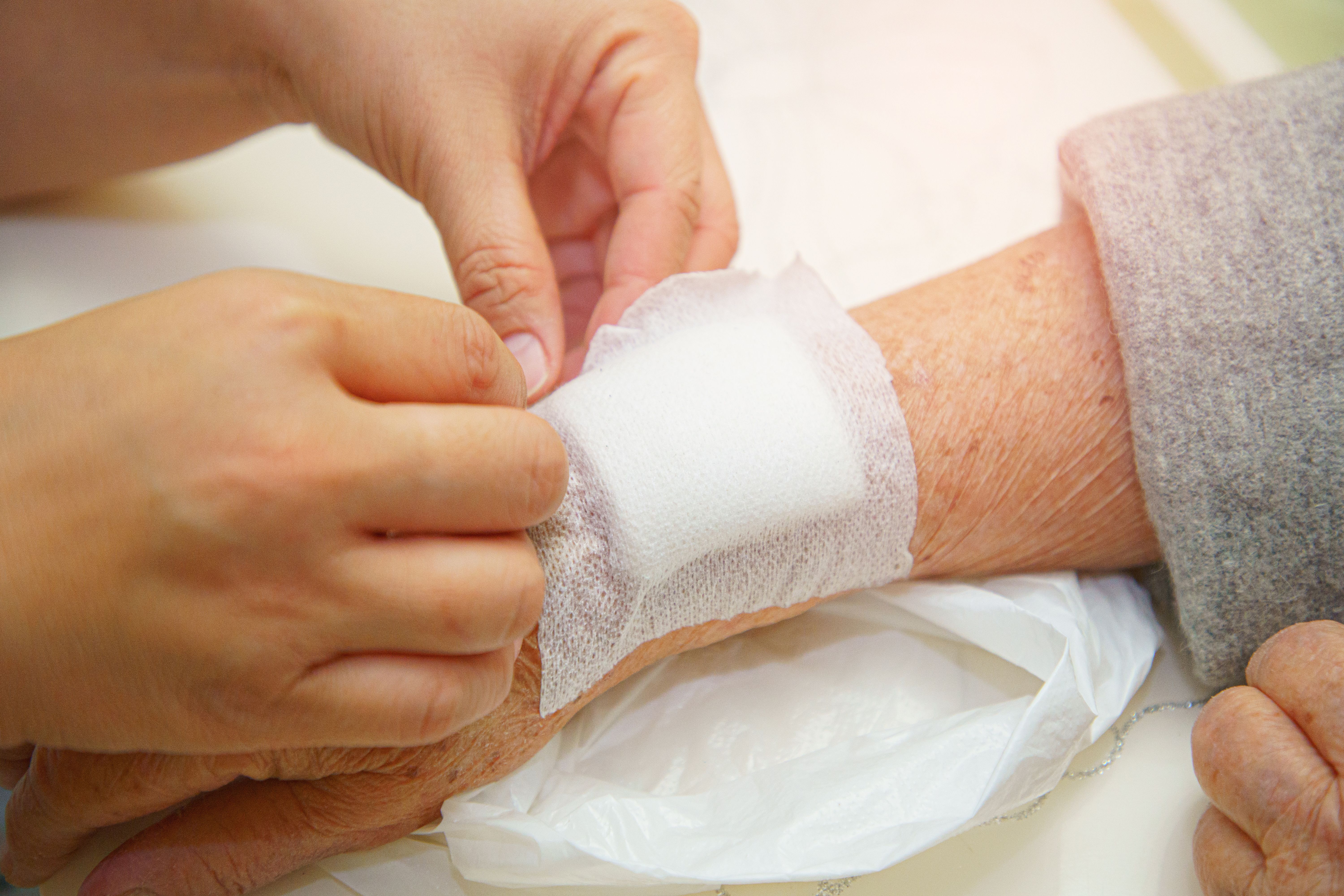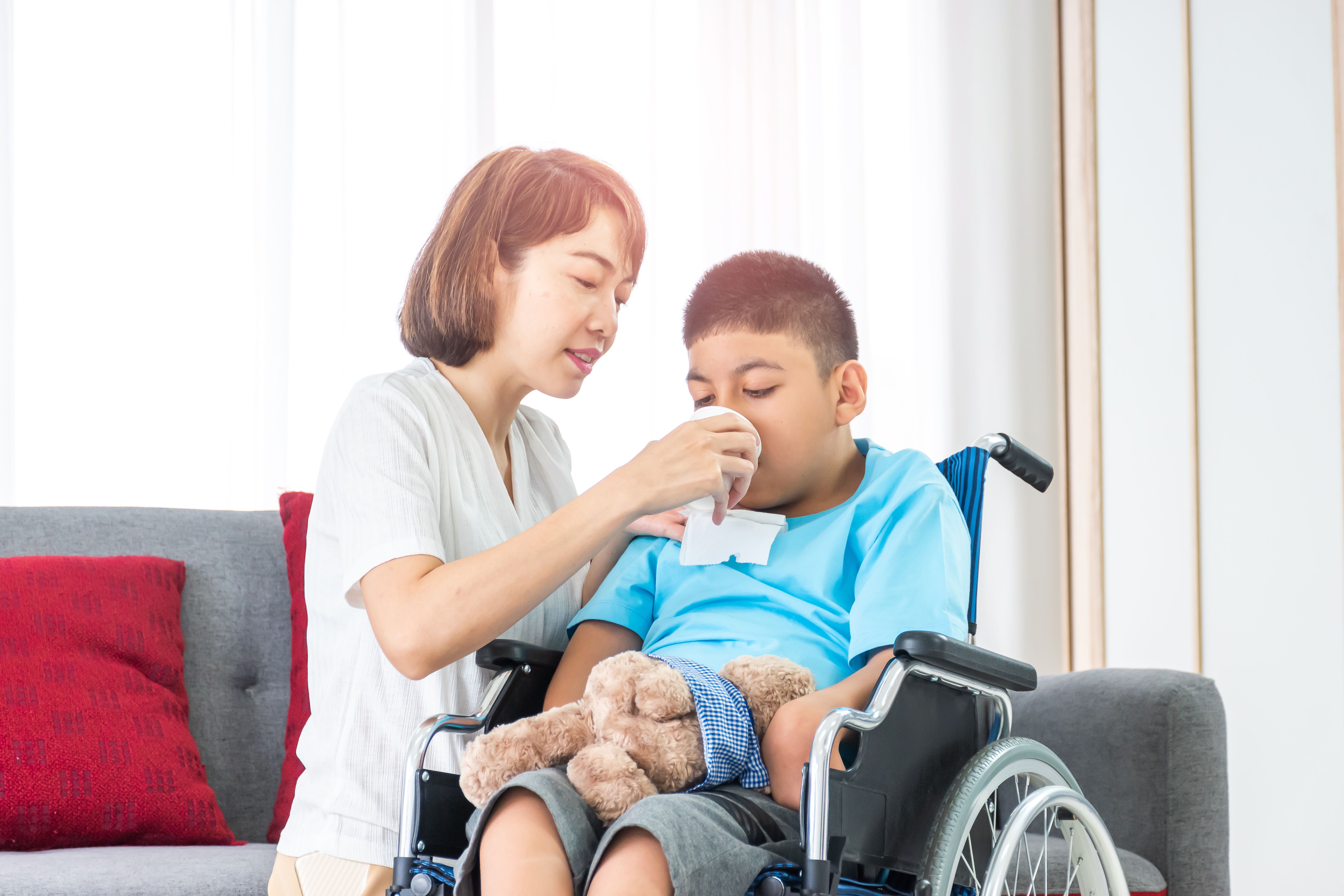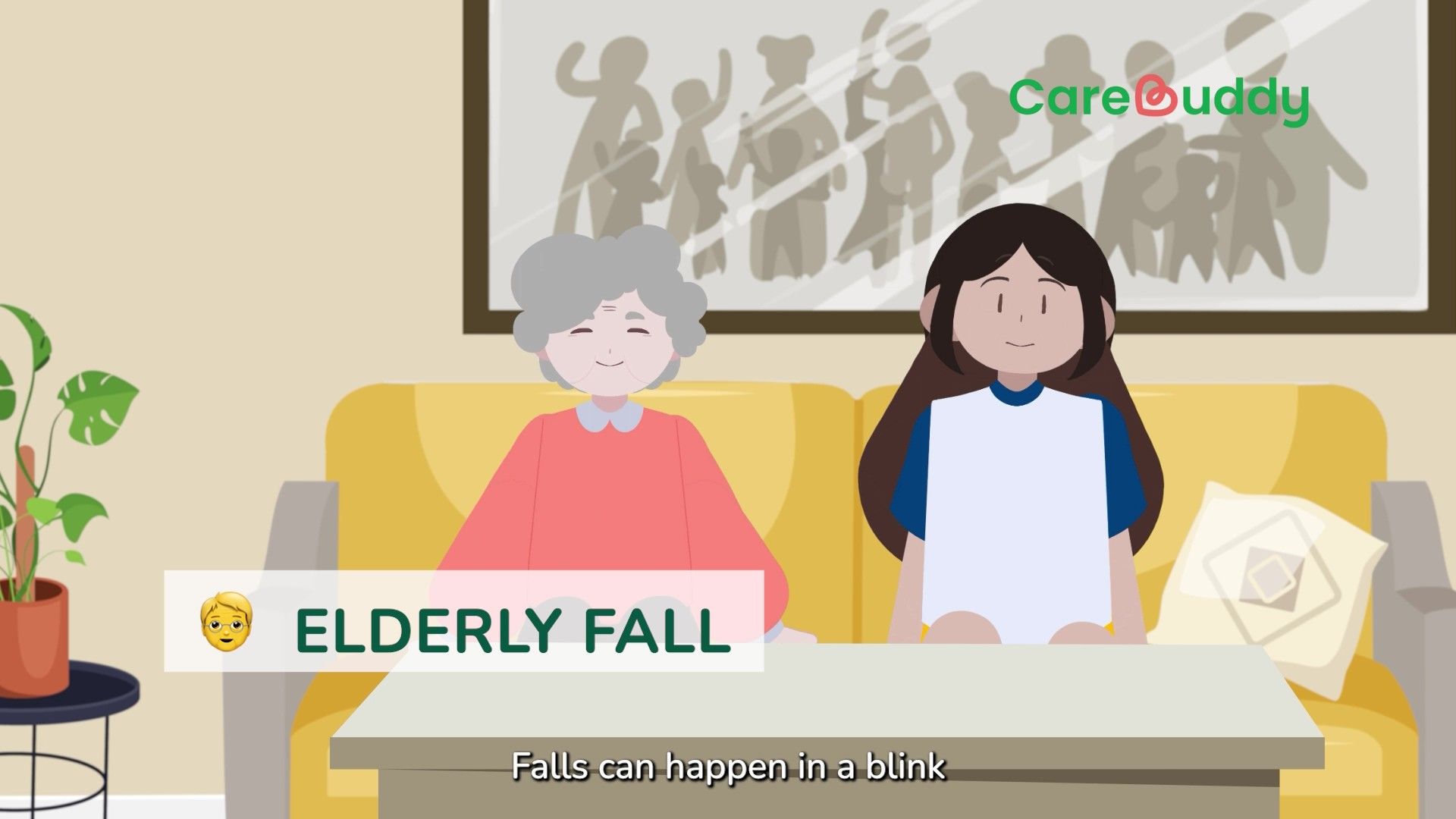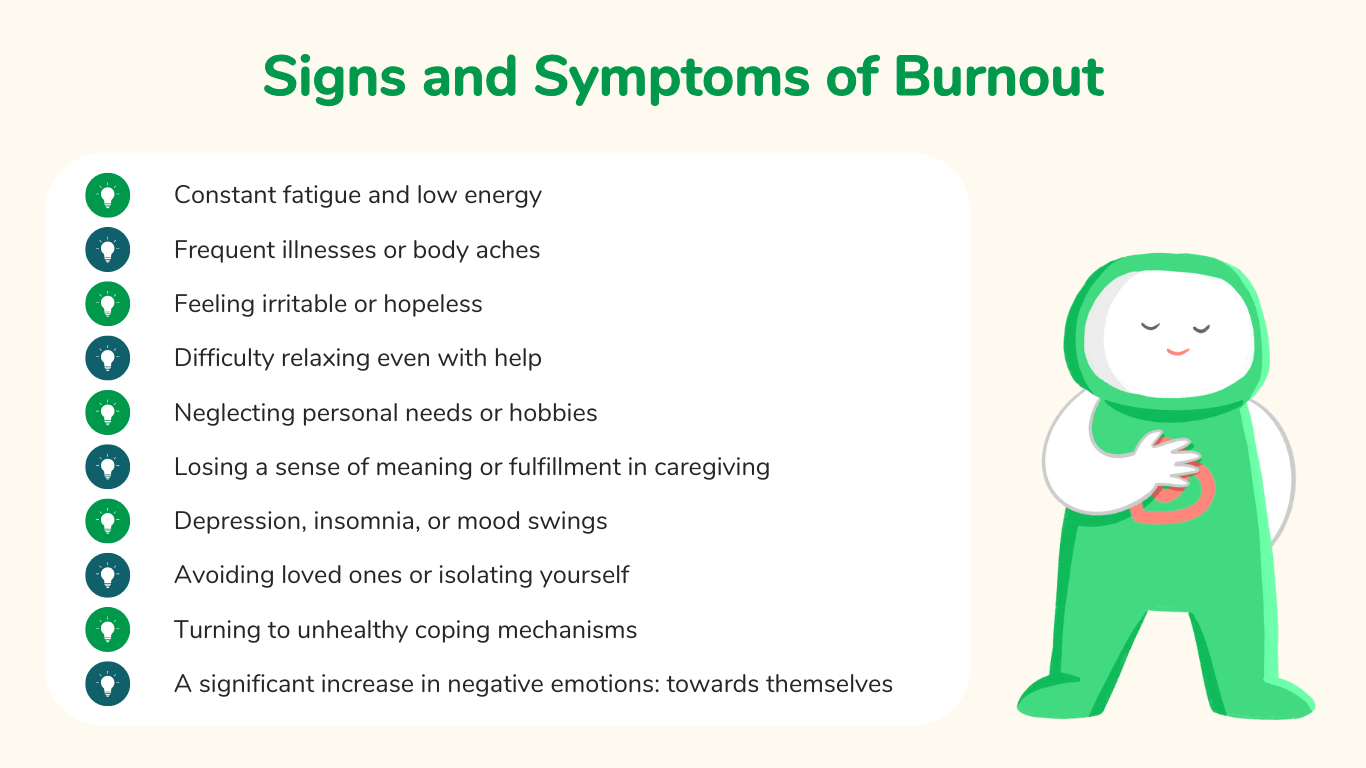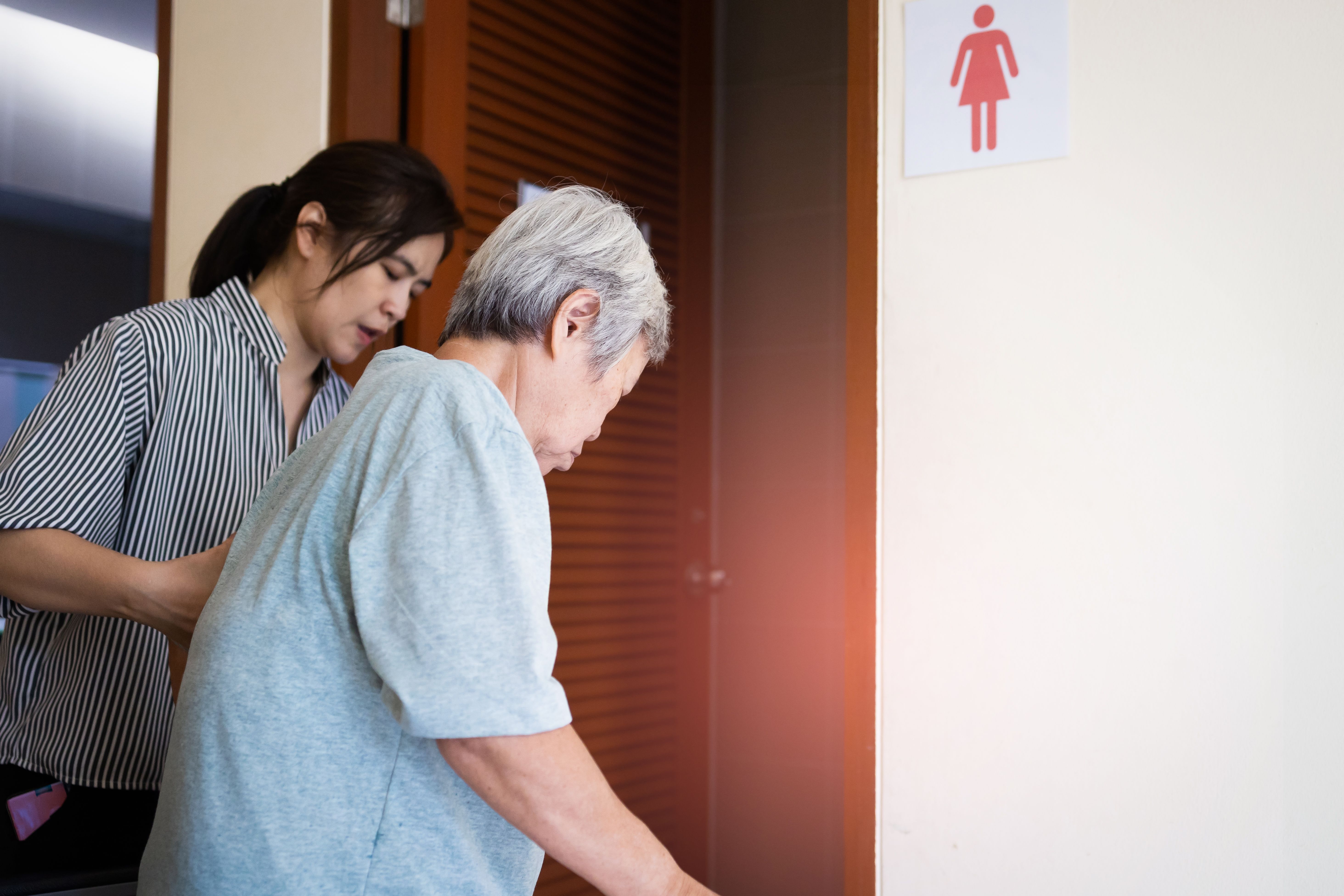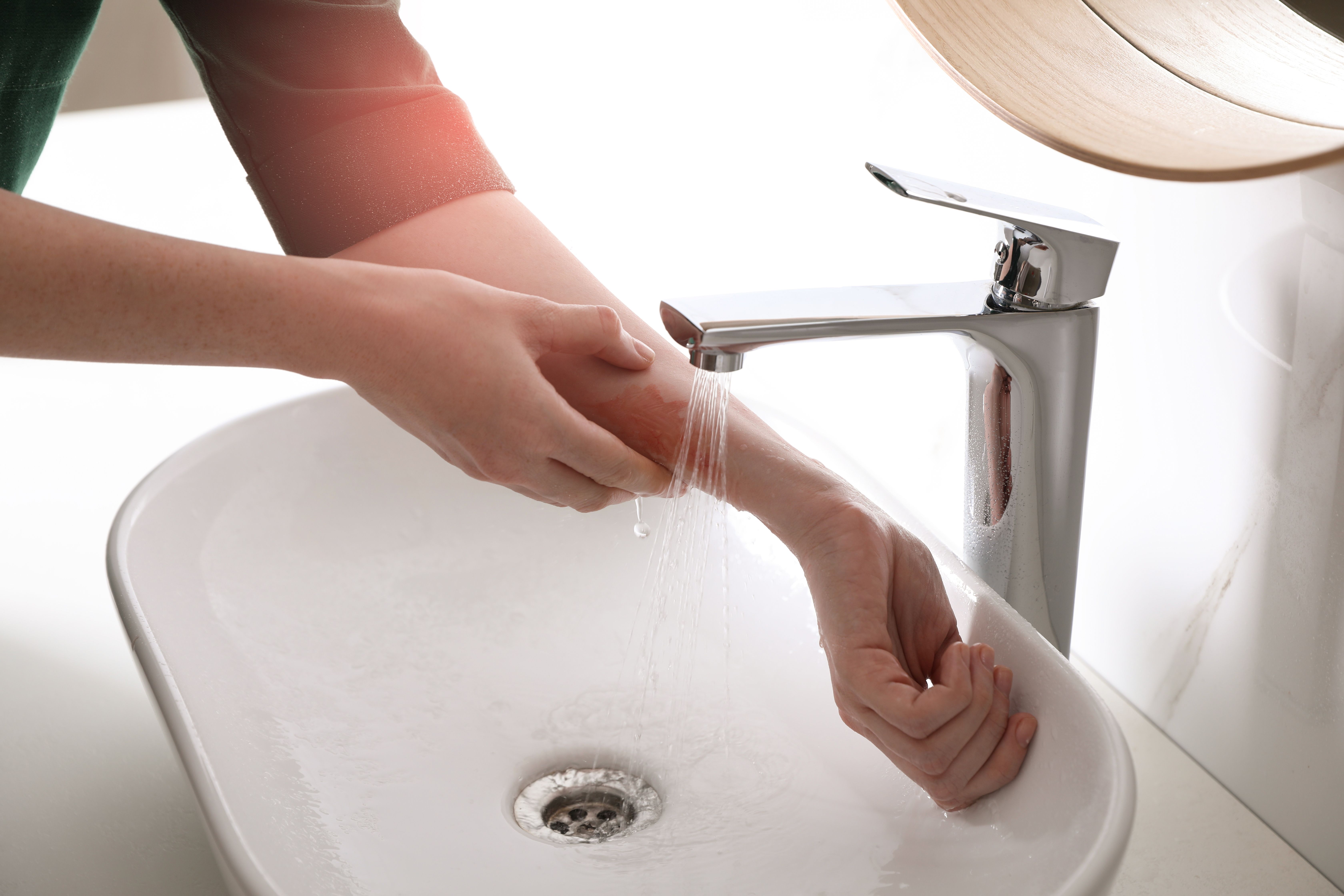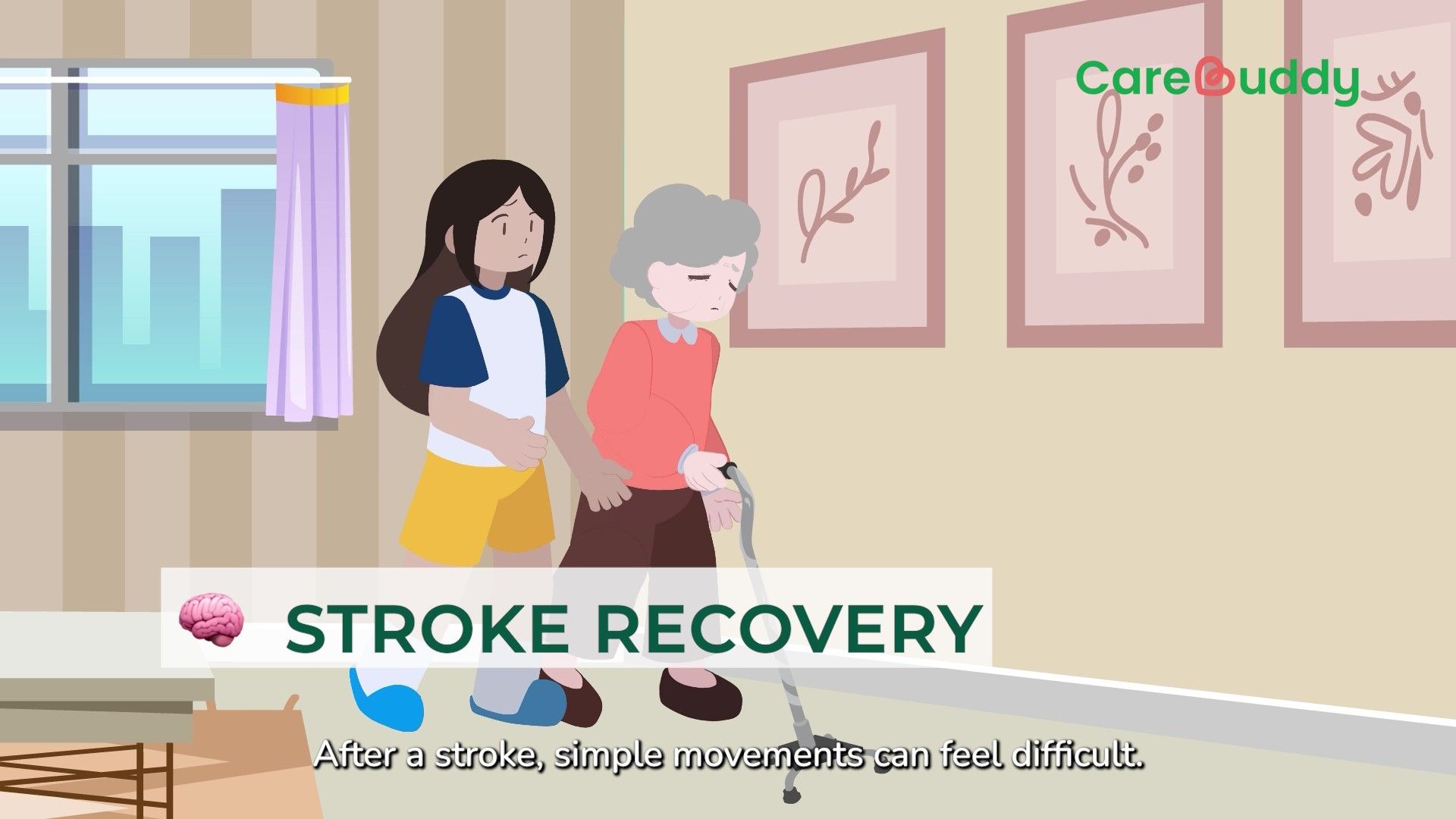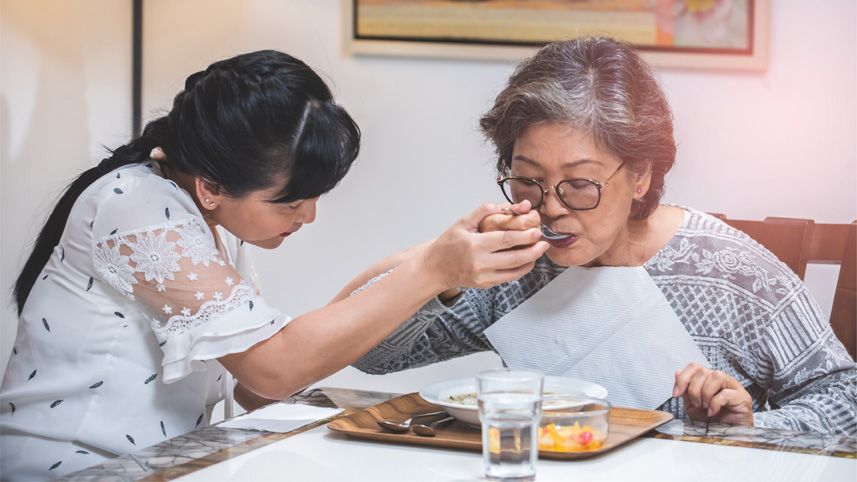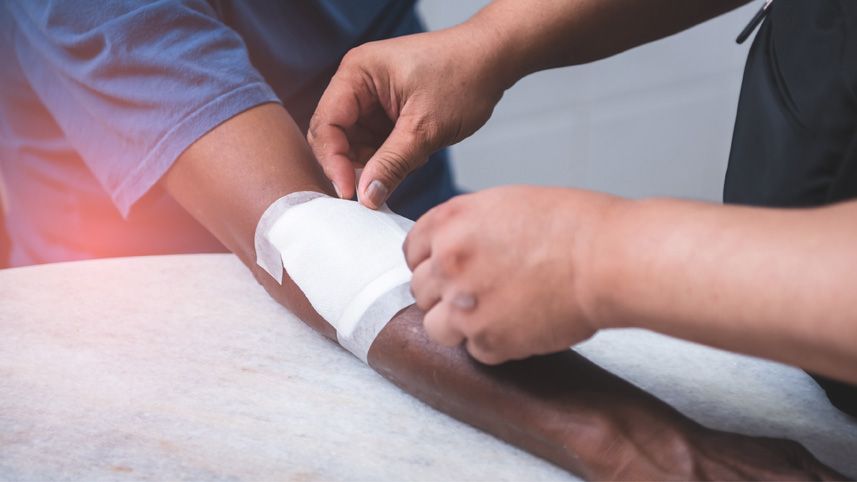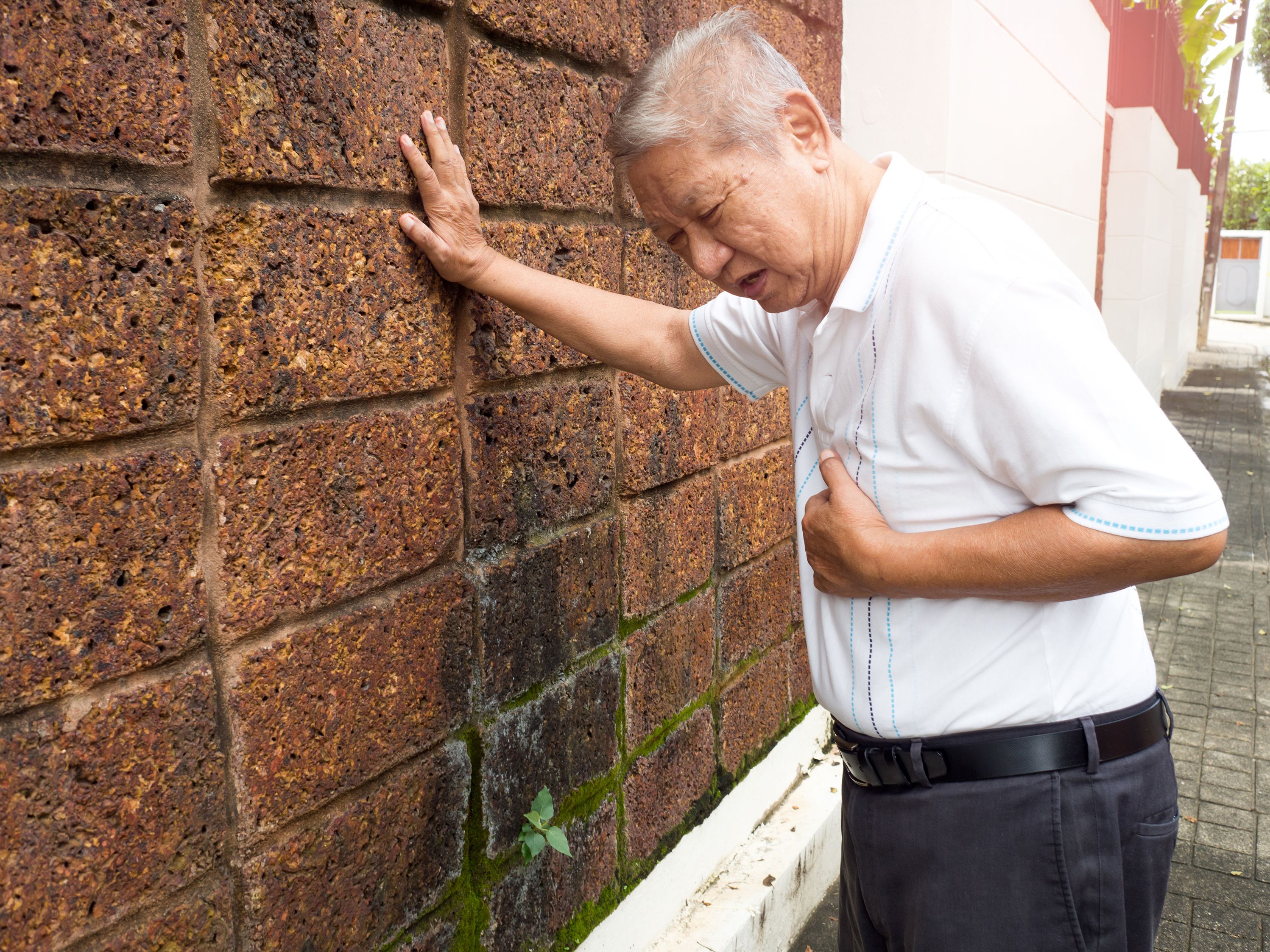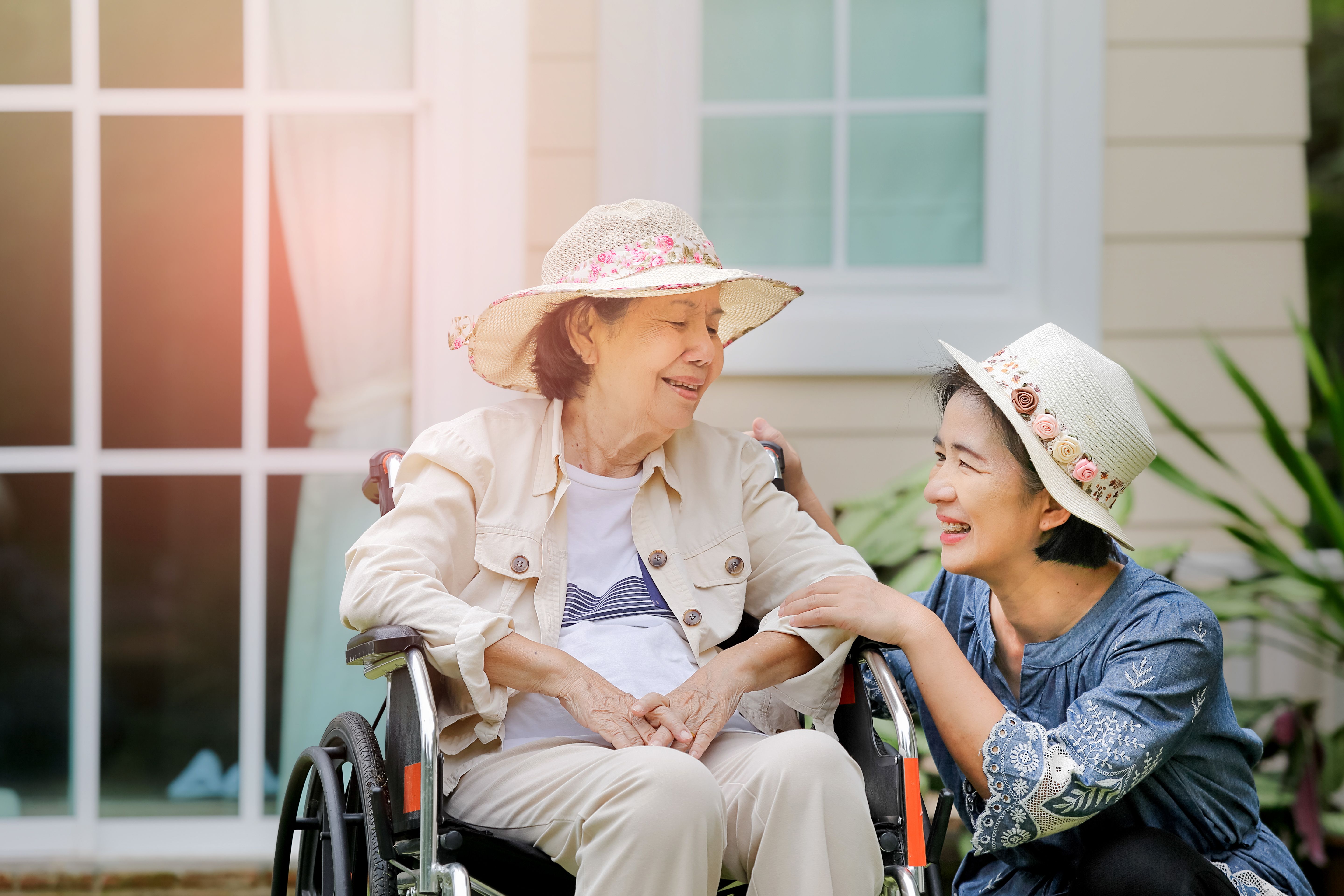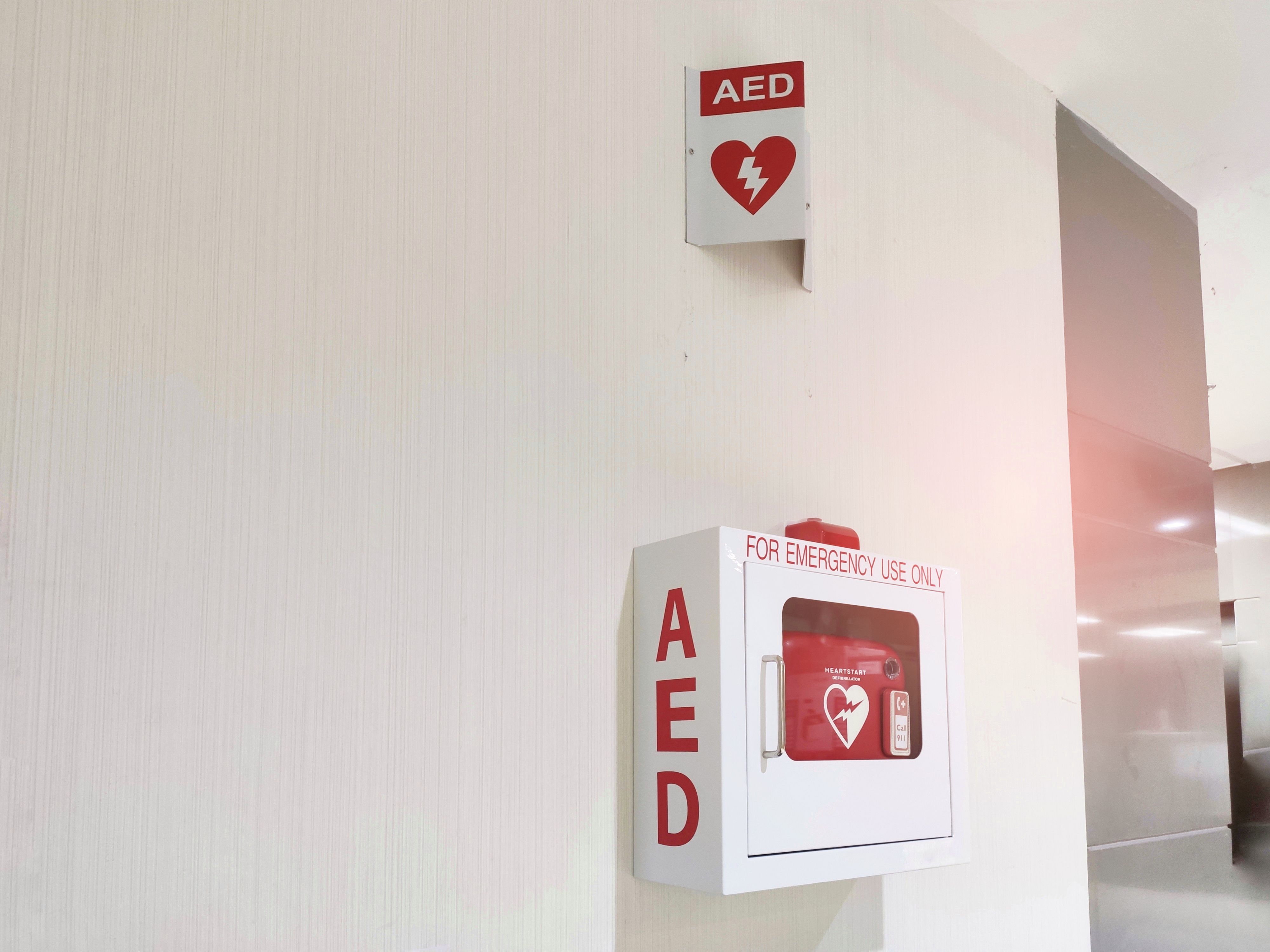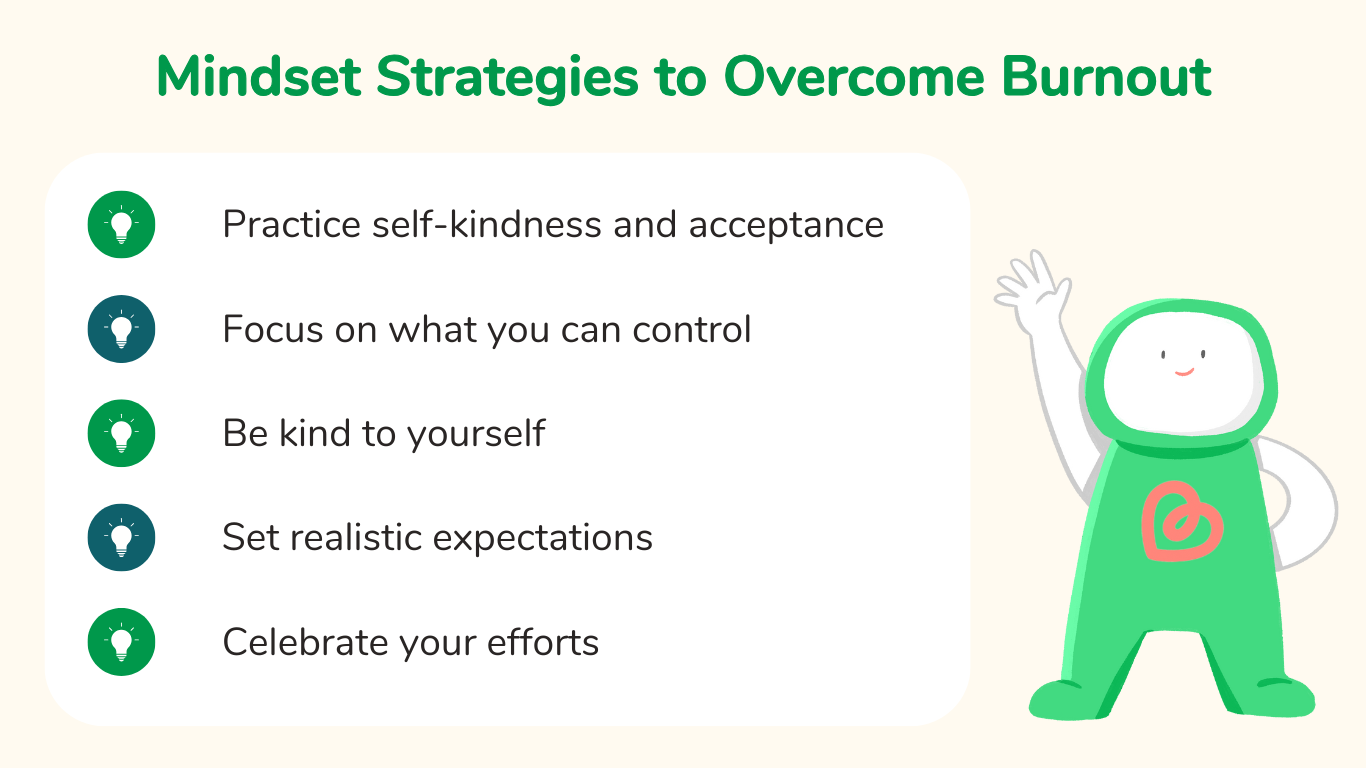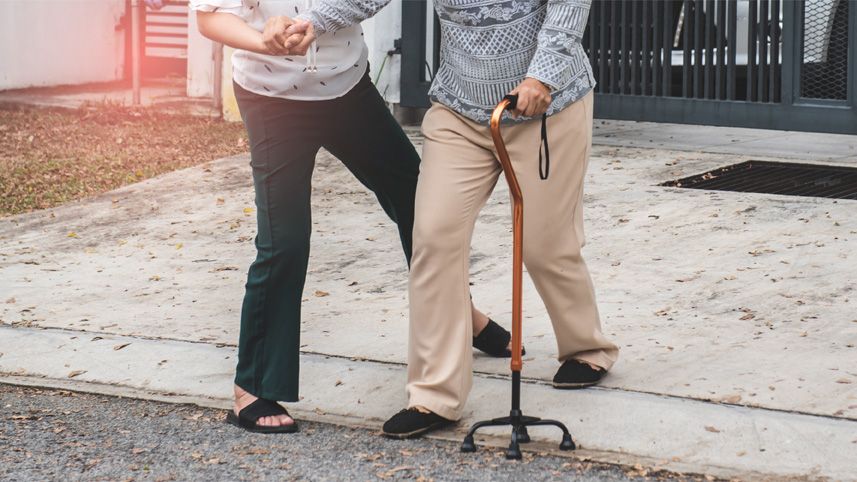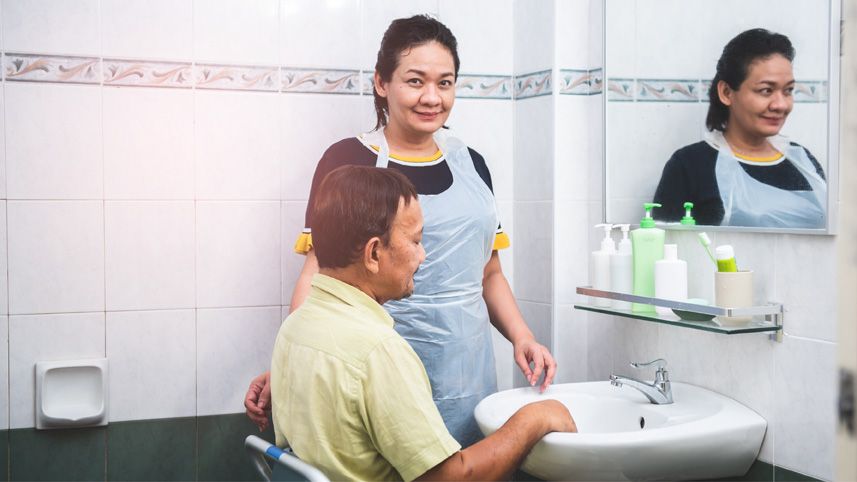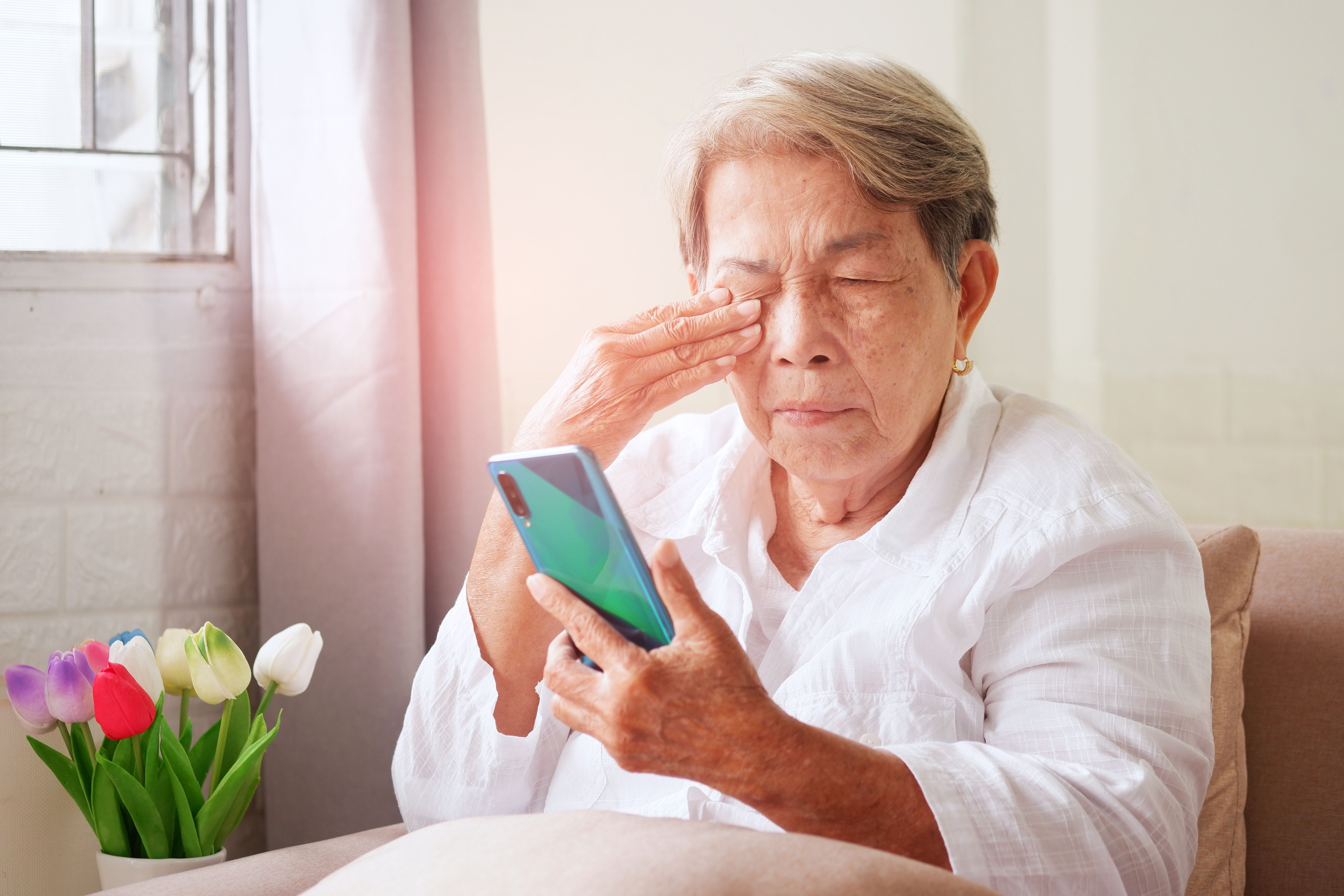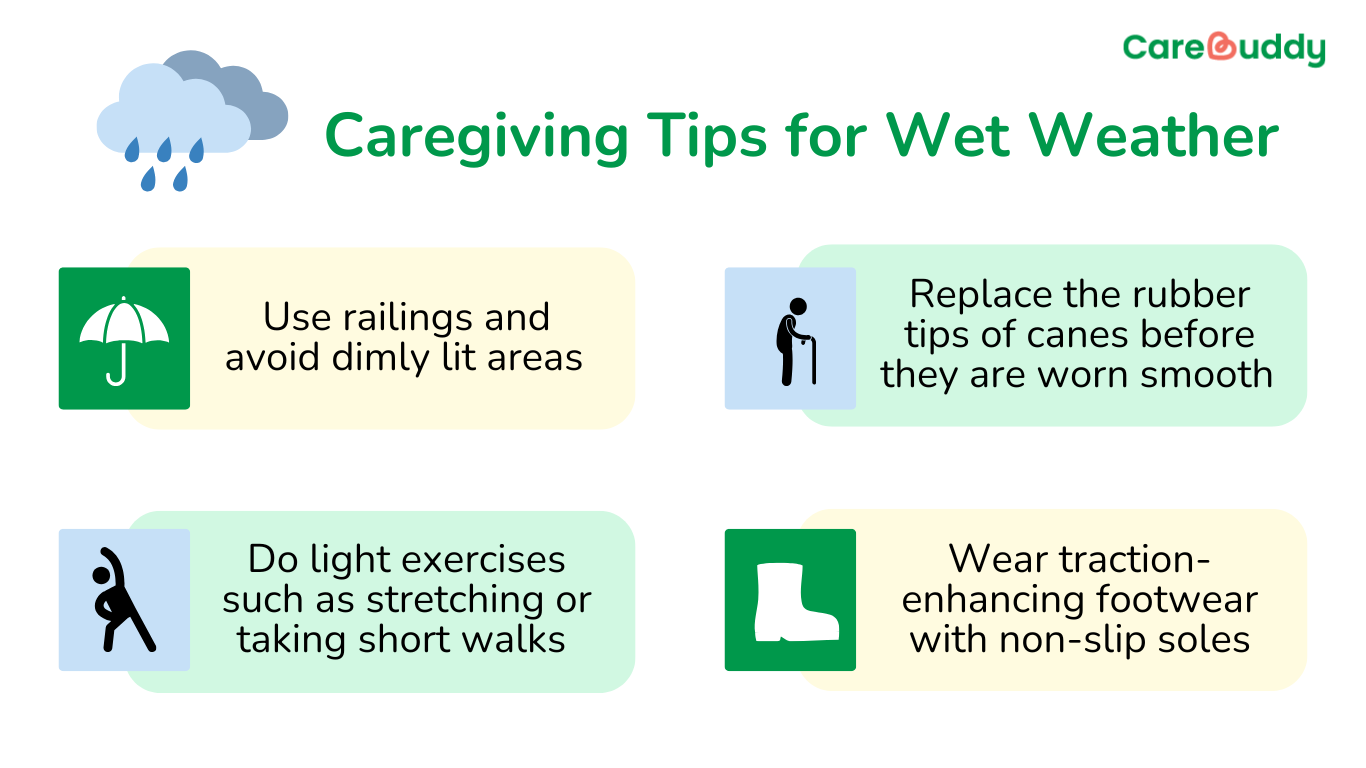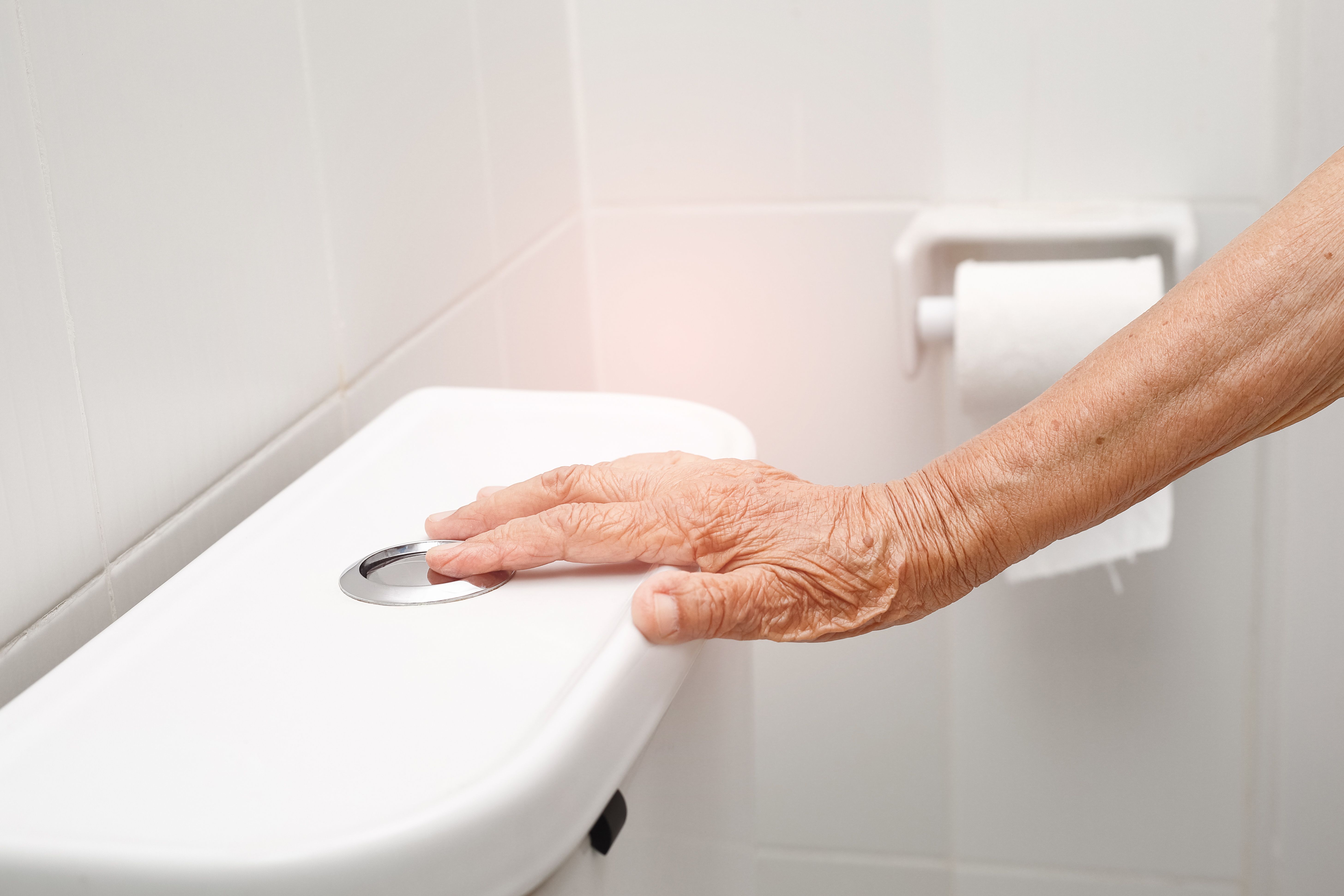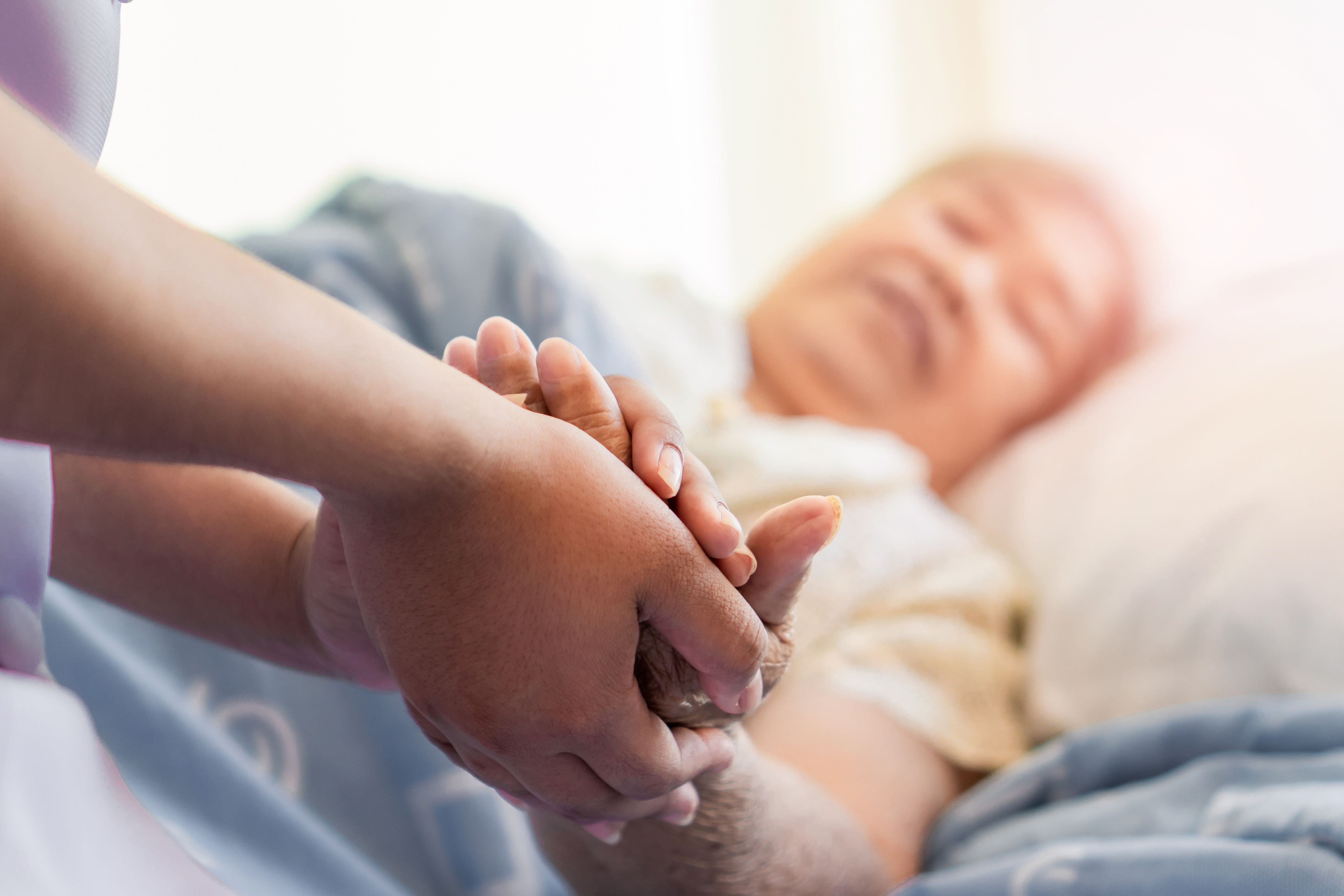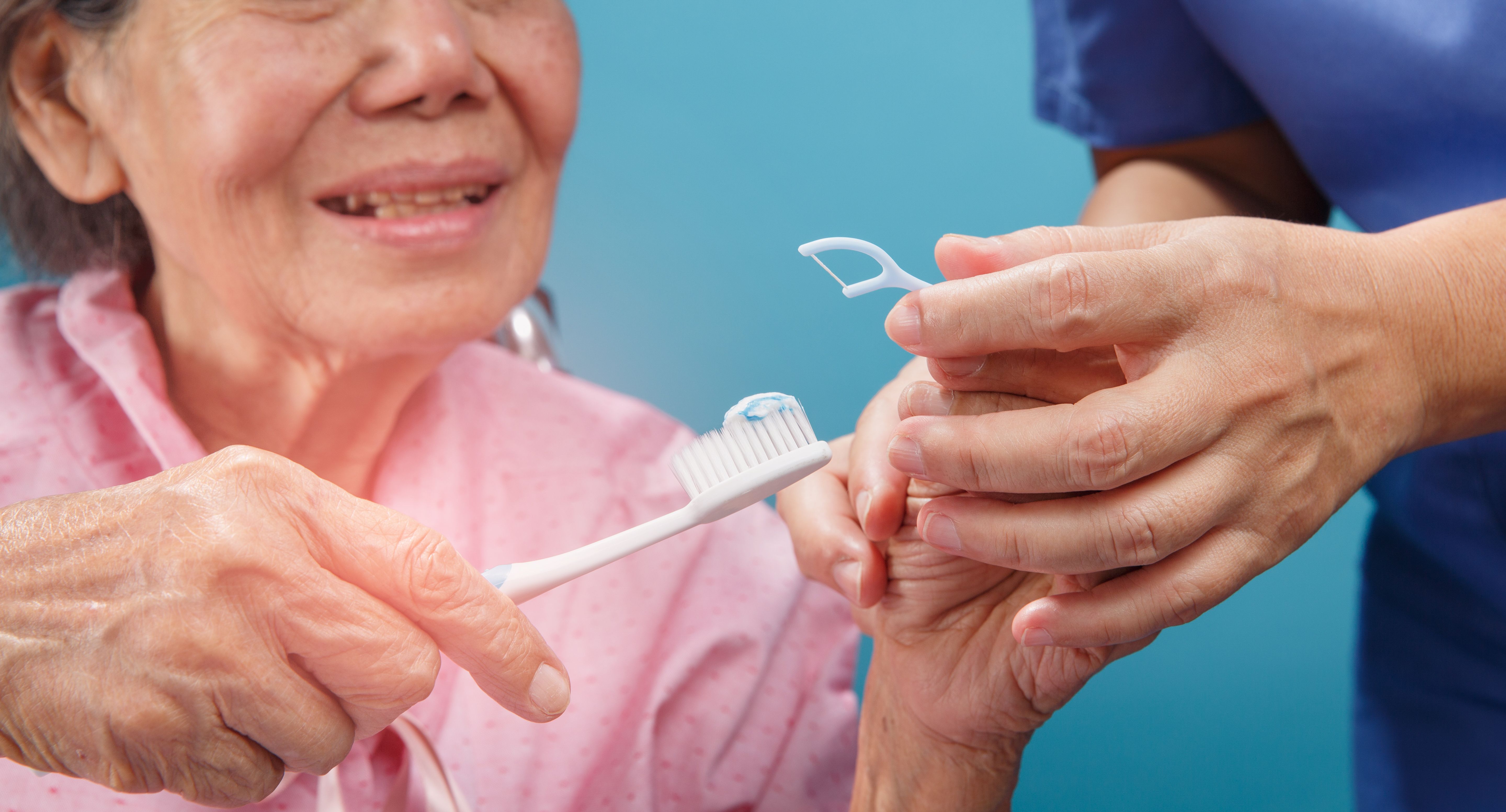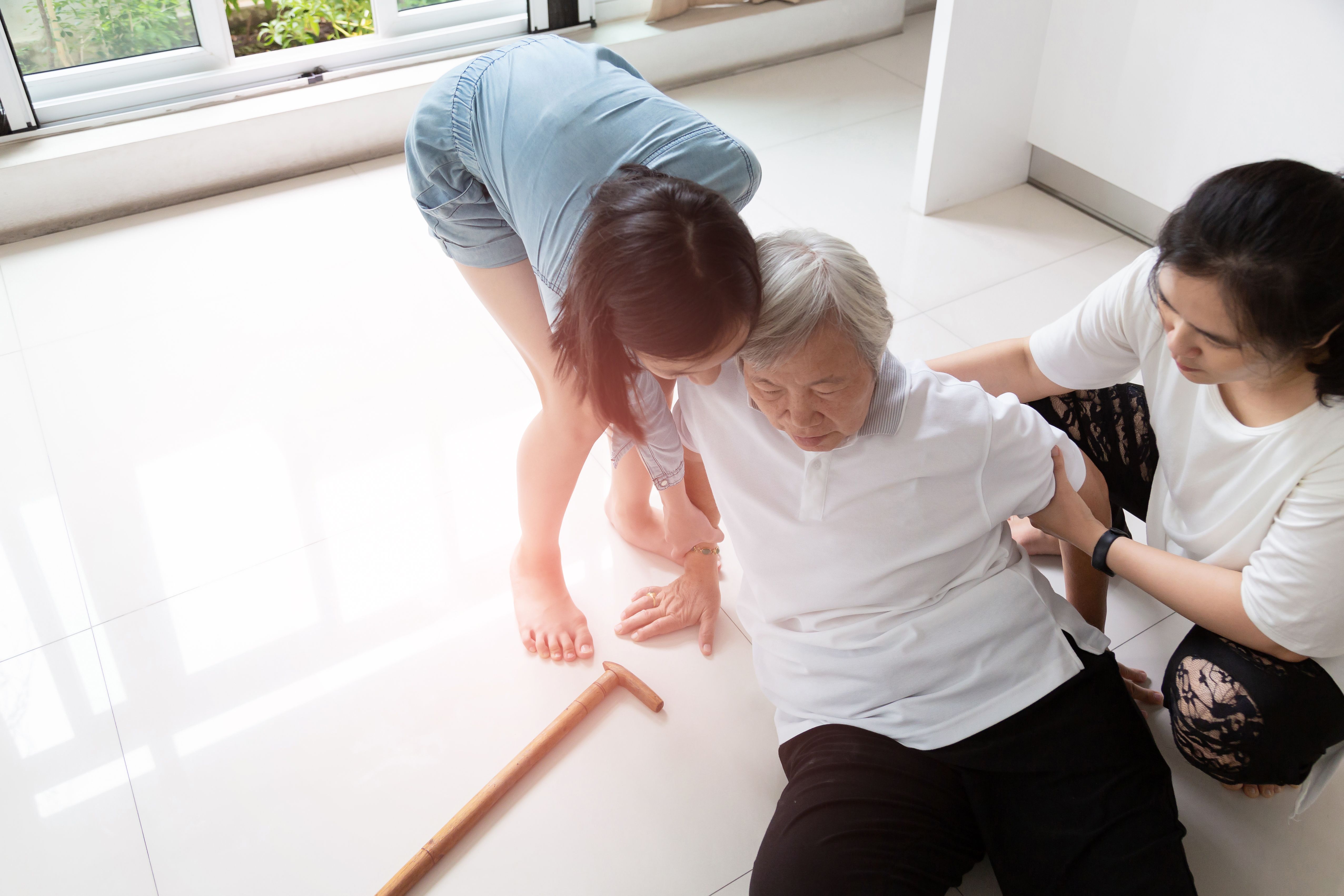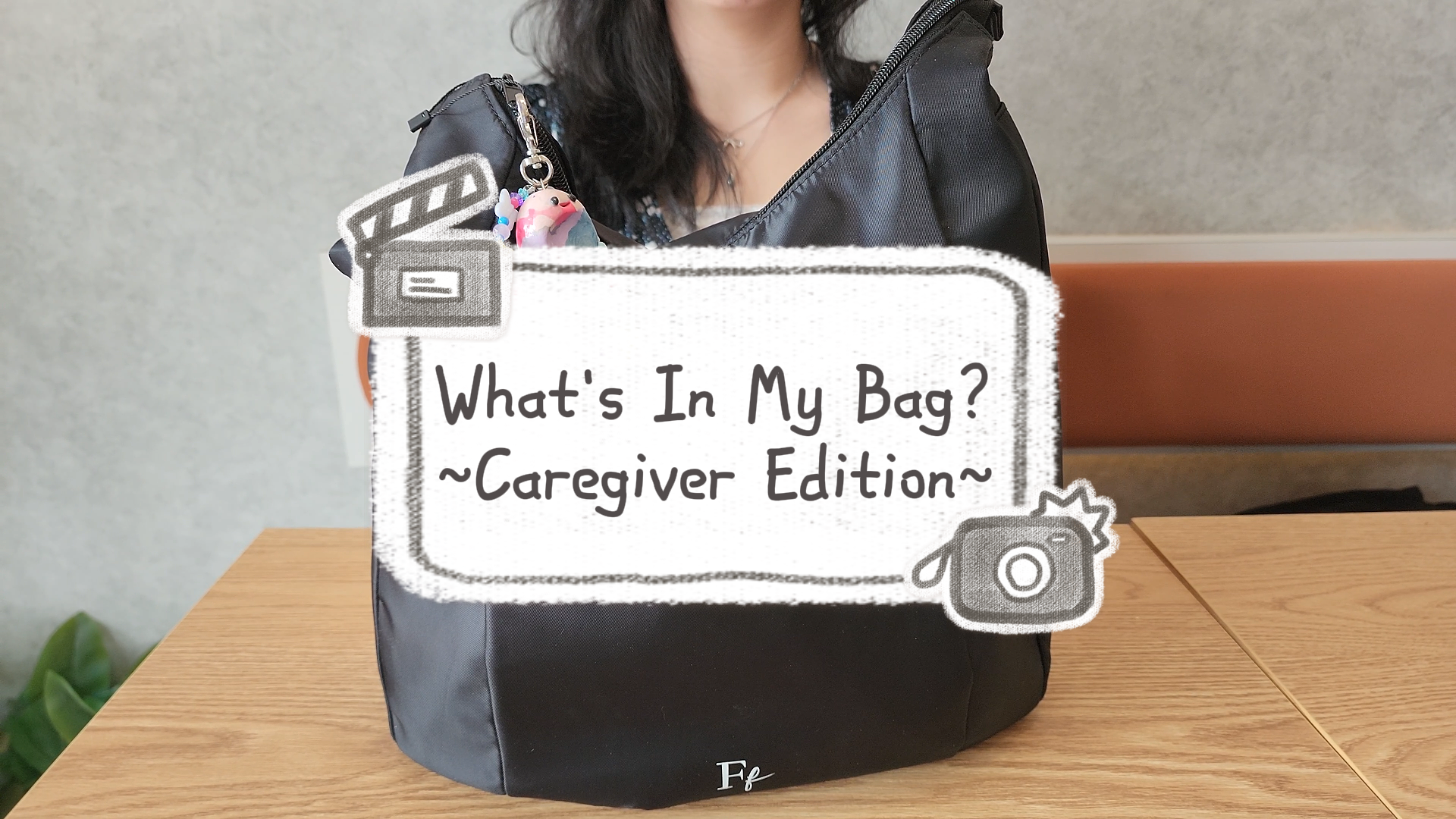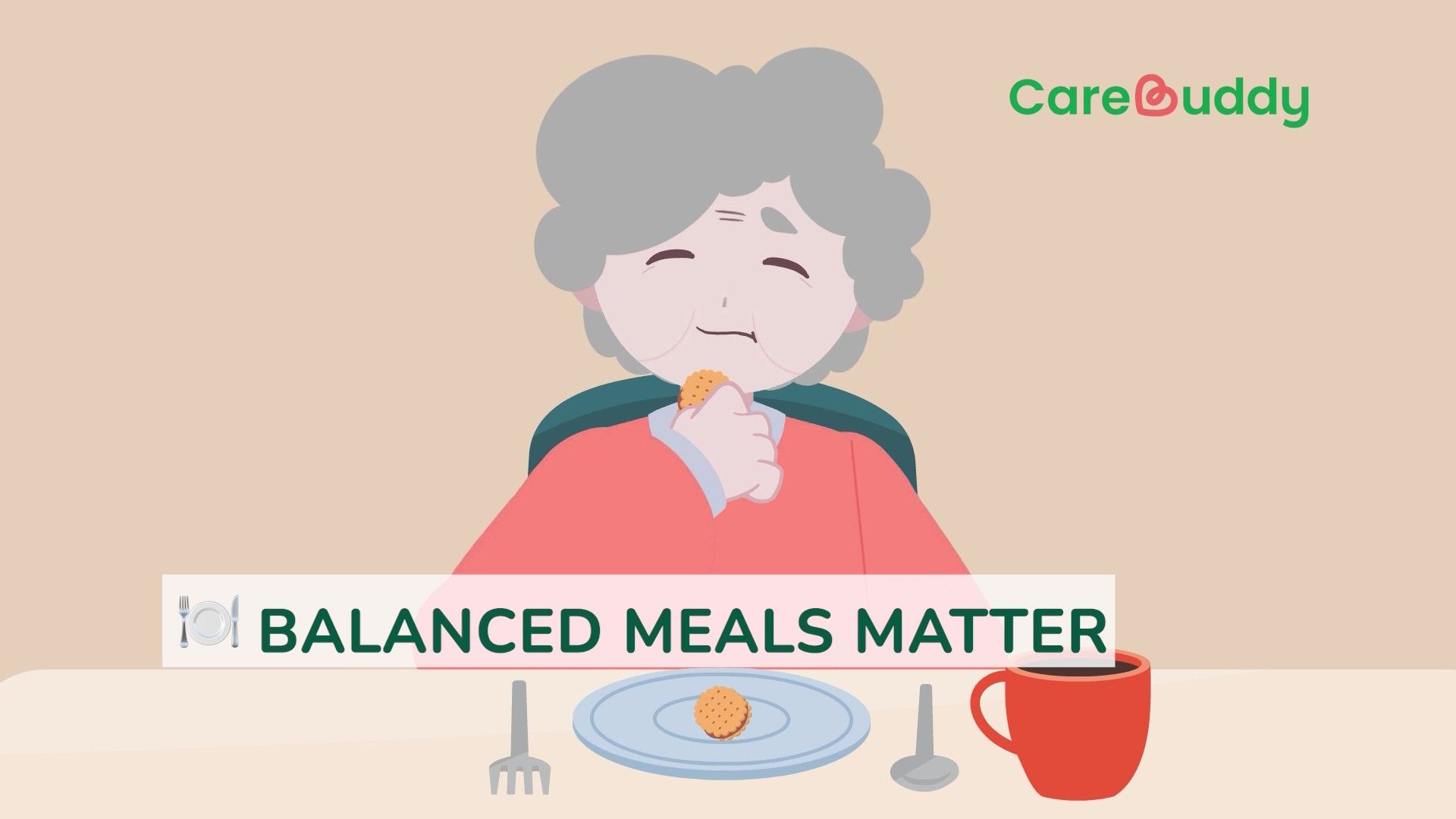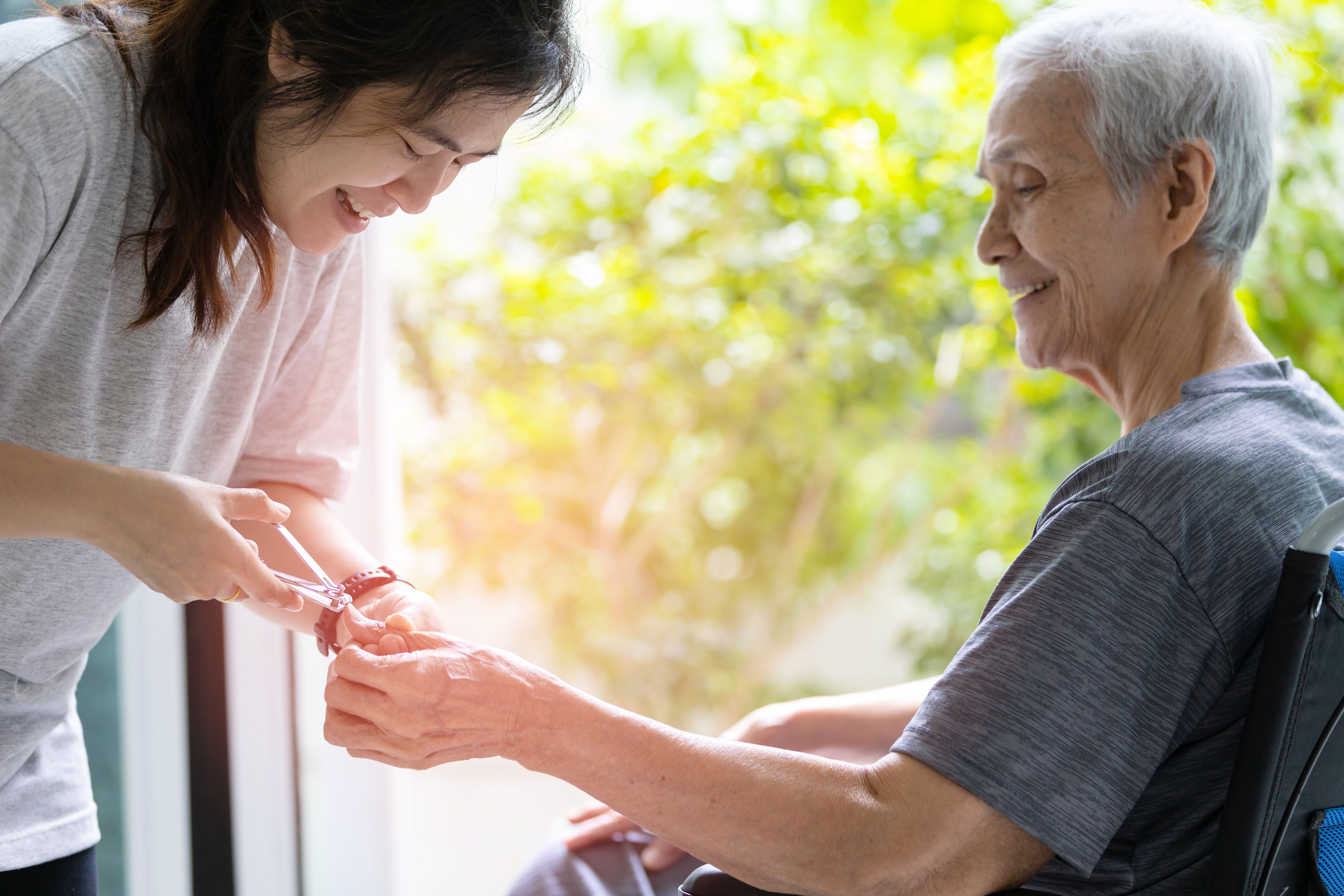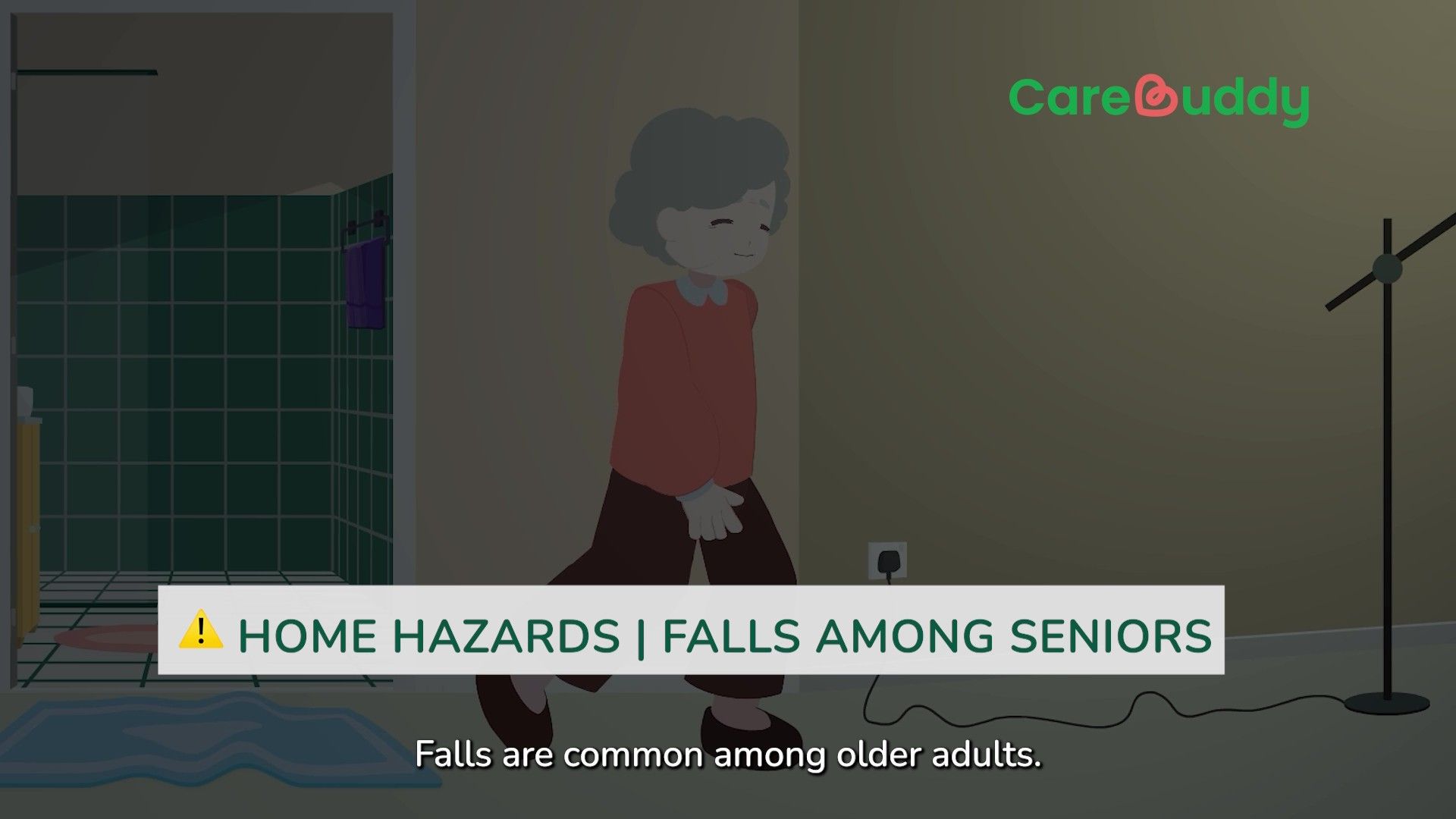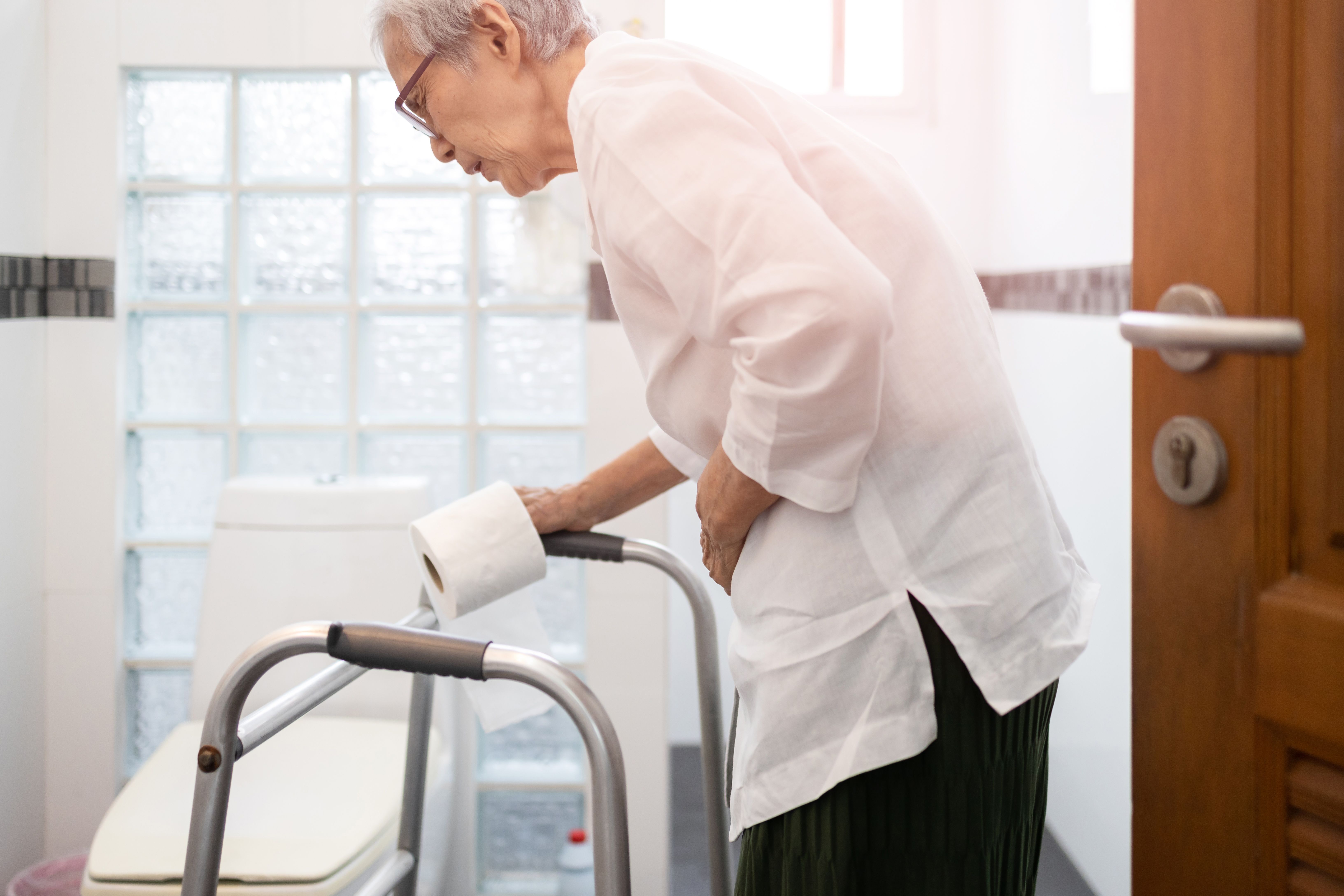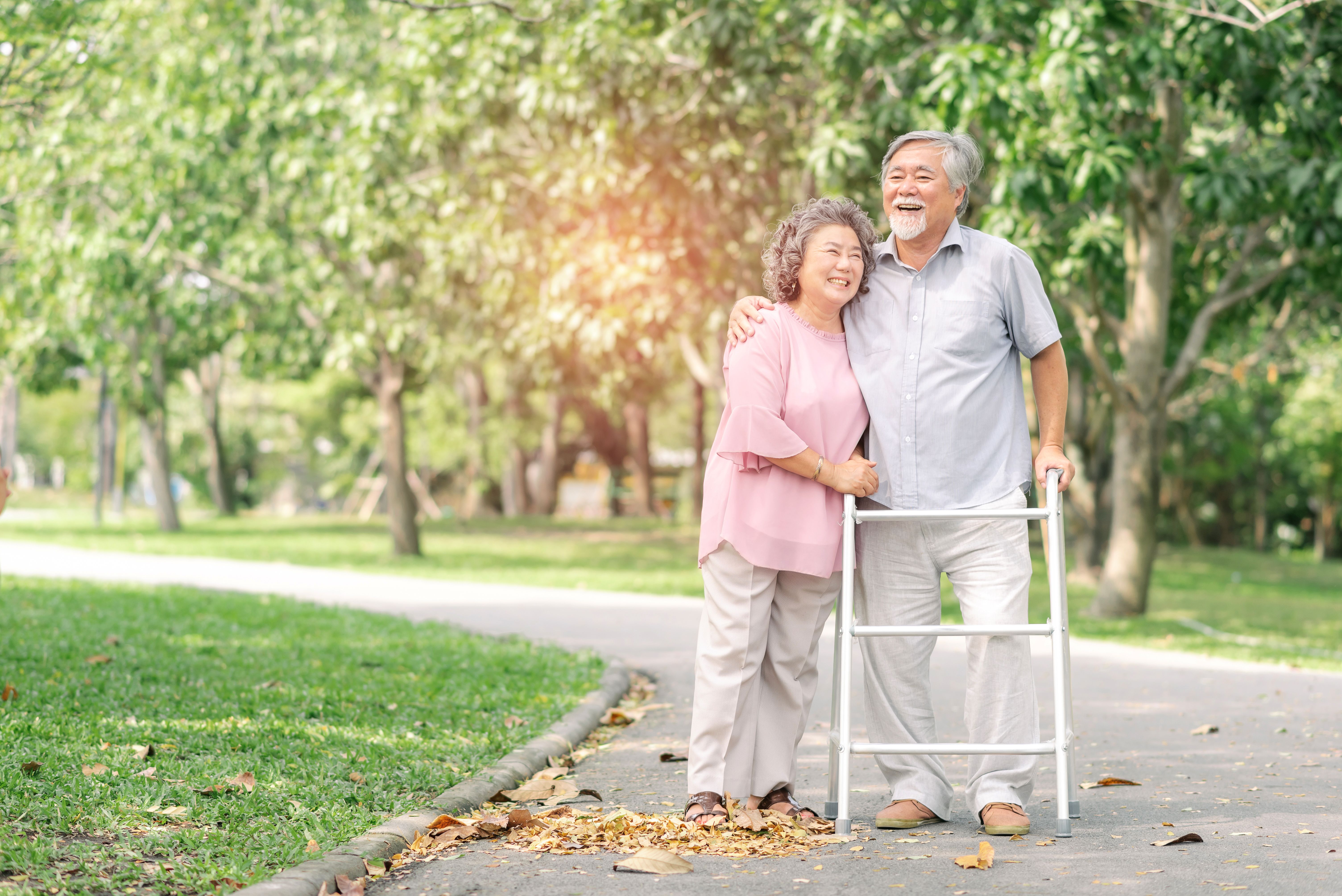Introduction to caregiving
- CareBuddy
- 4 Mins Watch
- 21 Sep 2022
- Caregiving
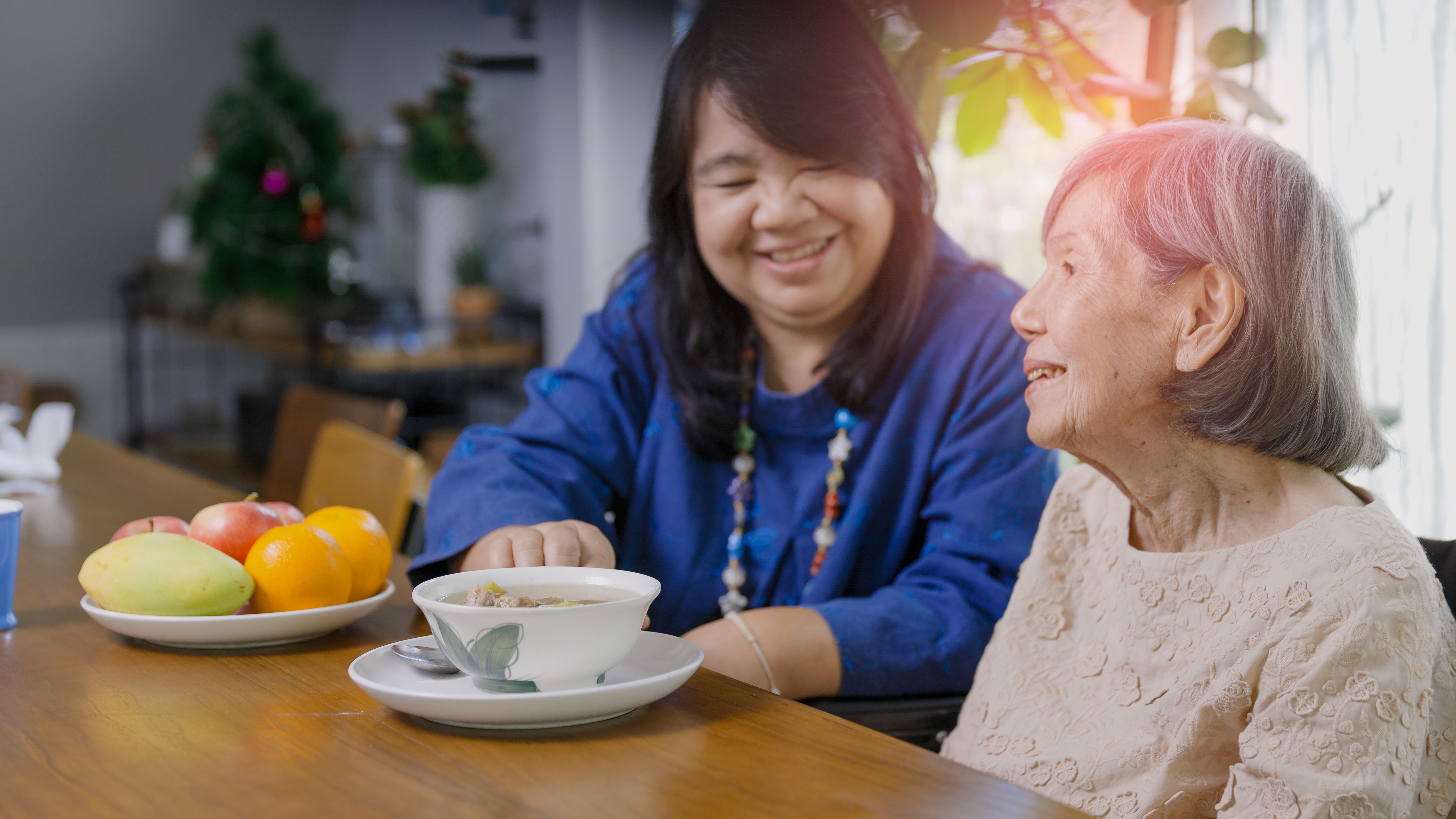
Welcome to the world of caregiving. There are so many situations in which we may find ourselves as a caregiver for a loved one. Sometimes it’s when a family member or friend suffers an unexpected accident. Sometimes they could be recovering from an illness. Some care receivers may have a disability or impediment that requires those around them to support them. Some of them may simply have physical or mental issues pertaining to old age.
Whatever the specific situation, one thing is for sure: Being a caregiver is a physically and emotionally draining responsibility.
Mindset of a good caregiver
- User-centredness: Place the care receiver at the centre of everything. Their physical and emotional needs are the most important aspects of the caregiving experience.
- Empathy: Consider the care receiver’s needs in everything you do. Accurately judge their condition and feelings. Always think before acting.
- Dignity: Always behave in a way that embraces and facilitates the dignity and human rights of the care receiver. Be punctual and conscious of your appearance.
- Communication: Greet the care receiver respectfully. Choose words that show positivity, cheer and optimism. Also maintain regular communication with the care receiver’s family members.
- Independence support: While providing support to the care receiver is important, it’s also vital to give them ample opportunities to be independent and maximise their abilities.
- Self-improvement: The caregiver needs to constantly improve their skills and knowledge. They also need to take note of what works and doesn’t work about the care they provide so that they can relentlessly improve the standard of care.
- Holistic understanding: The caregiver needs to grasp the full picture and provide a care approach that understands the care receiver’s
- Health condition
- Life history
- Habits
- Living environment
- Feelings
Activities that typically require a caregiver’s support
Moving
- Support the care receiver’s everyday movements such as getting out of bed, lying down, sitting down on a chair, walking, climbing stairs etc.
- Provide appropriate equipment such as hand grabs and bed rails to facilitate their movement and reduce accident risks.
Eating
- Ensure that tasty and nutritious meals are provided to the care receiver.
- Help with the mechanics of food transfer from plate to mouth in case the care receiver is not able to do this independently.
Cleanliness
- Keep the care receiver clean through everyday cleanliness activities such as bathing, showering, face-washing and hair-washing.
- Ensure that these activities are pleasant and create a positive mood.
- Understand the care receiver’s health condition based on their skin condition.
Excretion
- Facilitate the mechanics of the care receiver’s excretion processes.
- Ensure that these activities maintain the care receiver’s self-esteem and does not provide an unpleasant feeling.
- Understand the care receiver’s health condition based on the excreta.
Clothes and Grooming
- Support the selection of clothes the care receiver enjoys and wants to wear.
- Help them wear the clothes.
- Provide grooming suitable to their lifestyle, e.g. shaving.
- Understand the care receiver’s overall mood based on their interest in clothes and grooming.
Environment and Social Interaction
- Create a safe, comfortable and cheerful living environment that respects the care receiver and preserves their memories.
- Ensure comfortable temperature, clean air and regular cleanup of used articles.
- Provide opportunities for outing, socialising and interaction so that they maintain their will to live and motivation in life.
- Ensure that their outings are safe, comfortable and enriching. Provide any equipment they need for it.
Don’t forget to take care of yourself! Rest sufficiently, exercise regularly and eat healthily. Get support from others if necessary. It’s not easy being a caregiver, but by taking care of yourself, you’ll improve your chances of providing the best possible care to the care receiver.
Article reviewed by David Tay, Senior Principal Educator (Nursing and Prehospital Care), HMI Institute.

